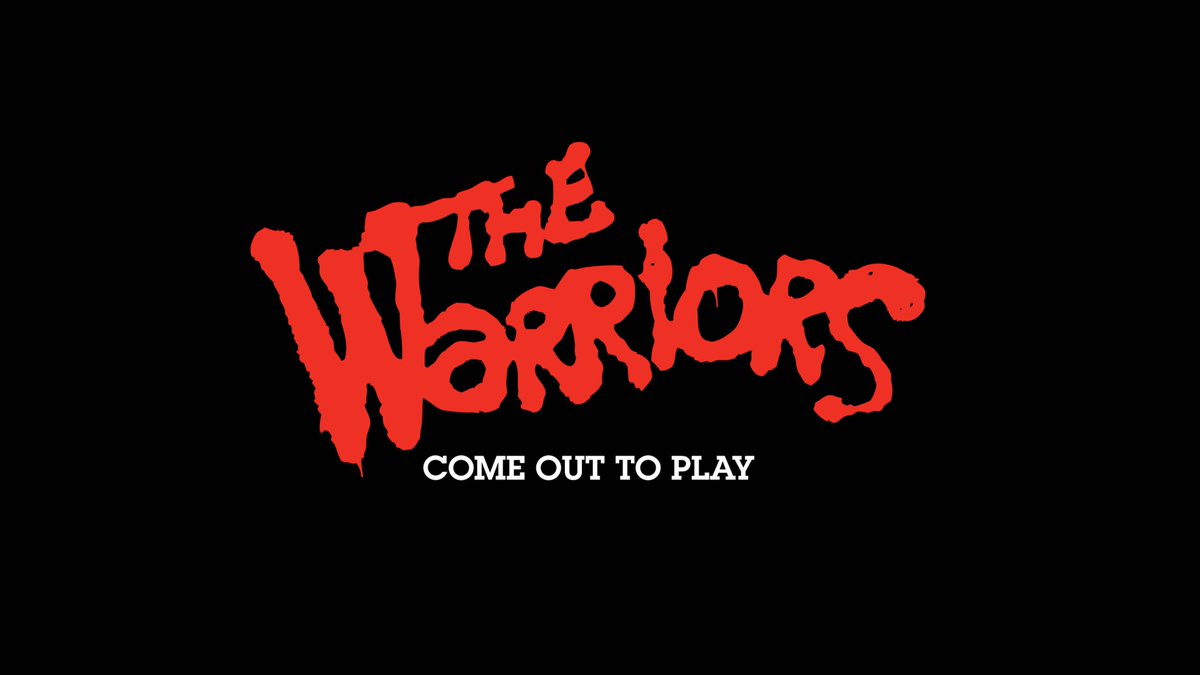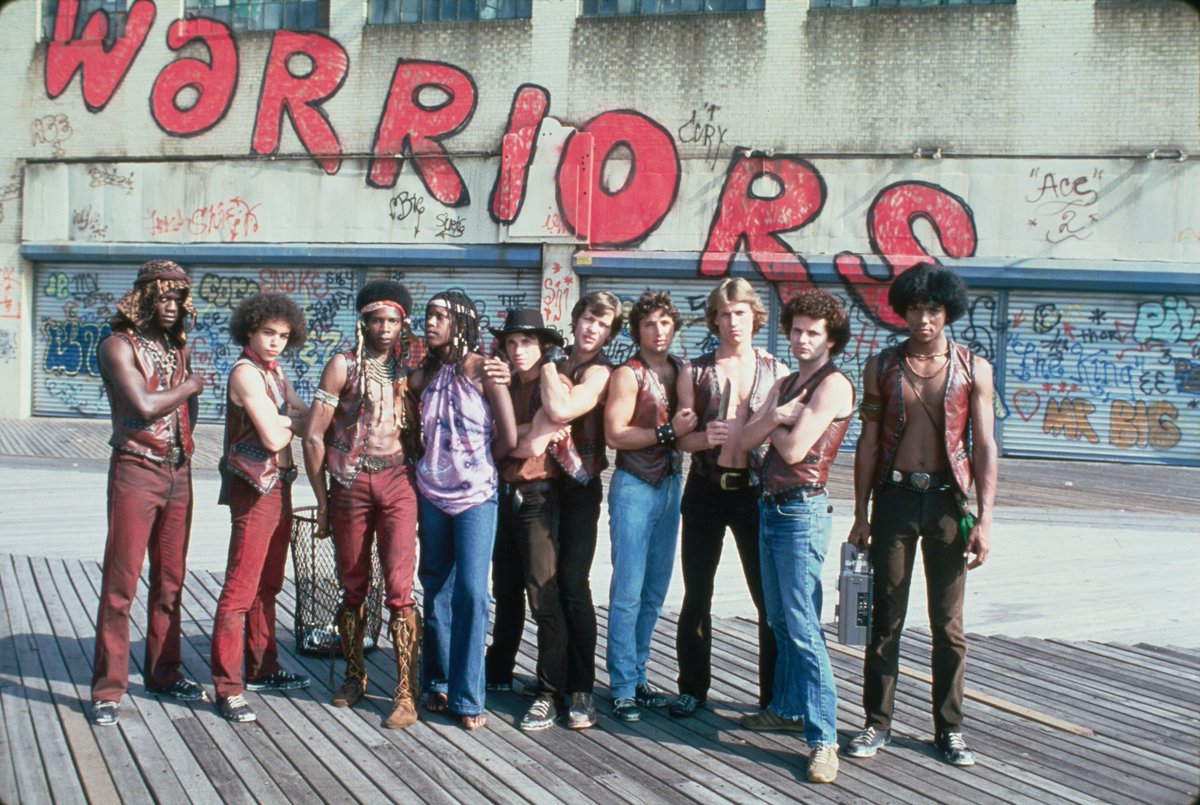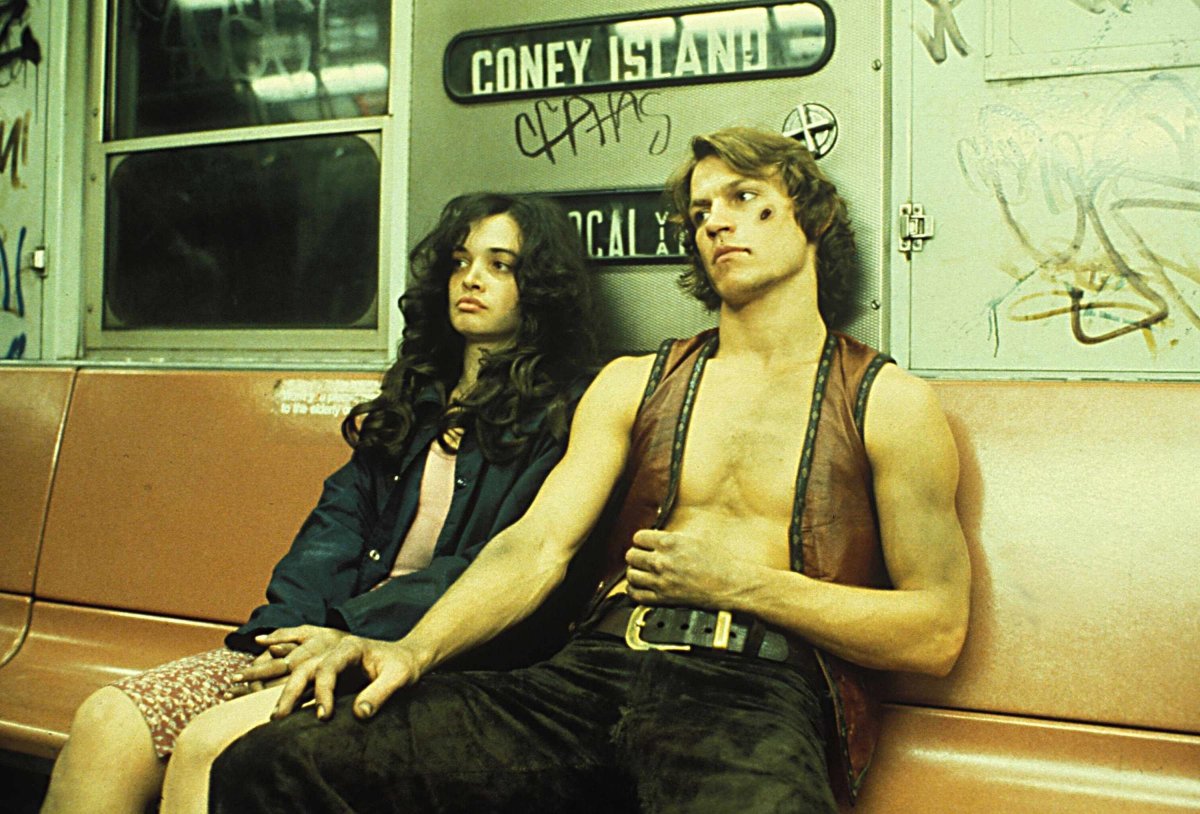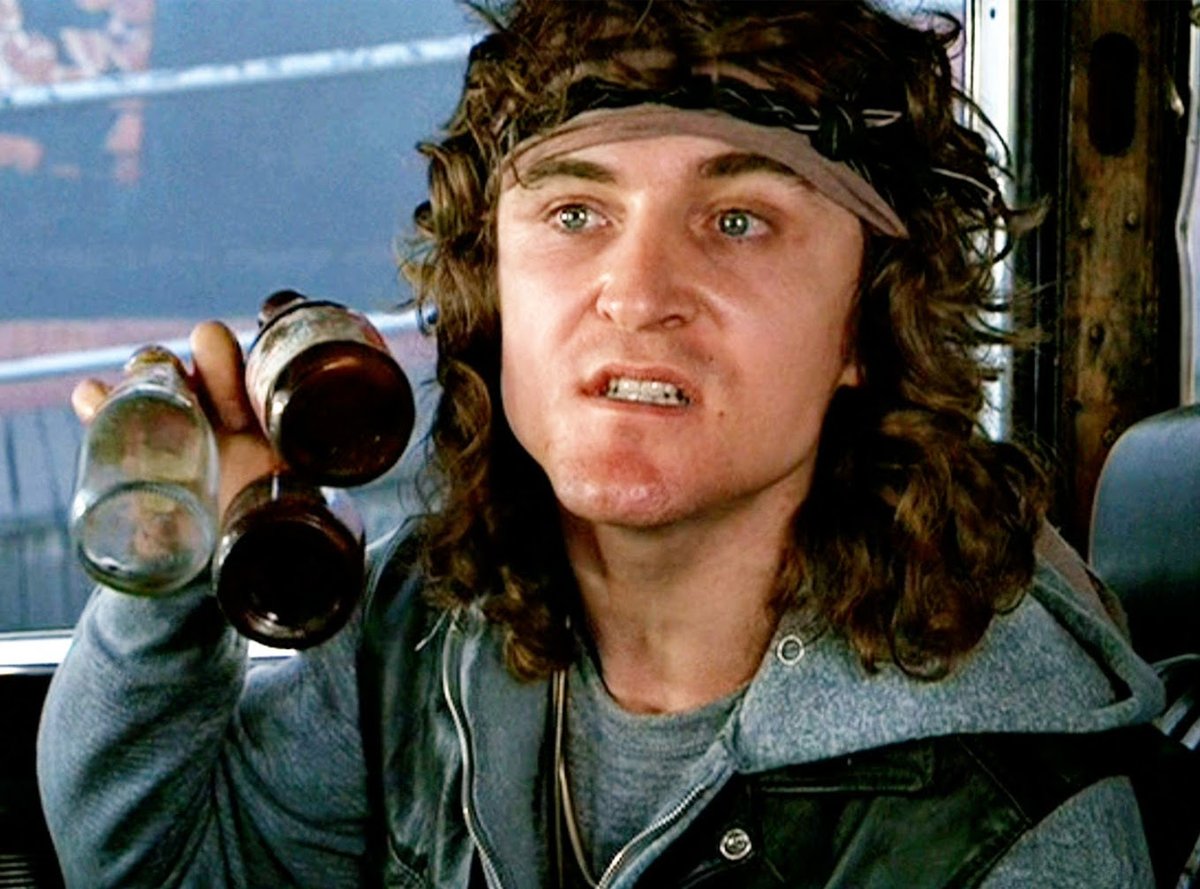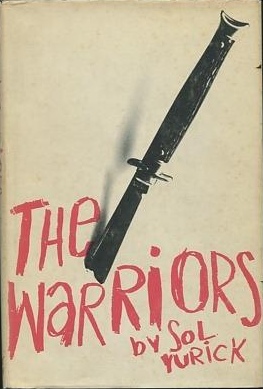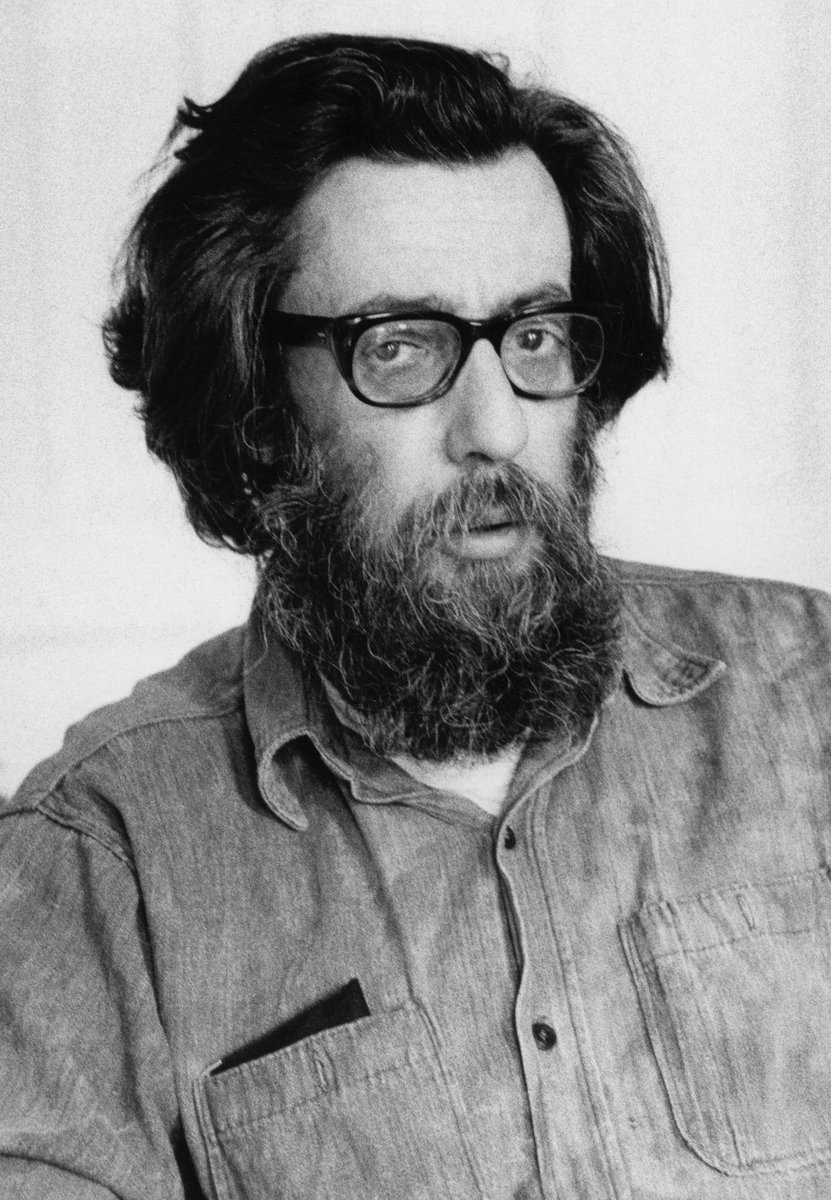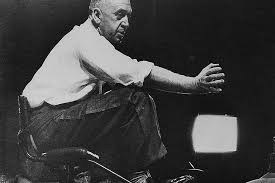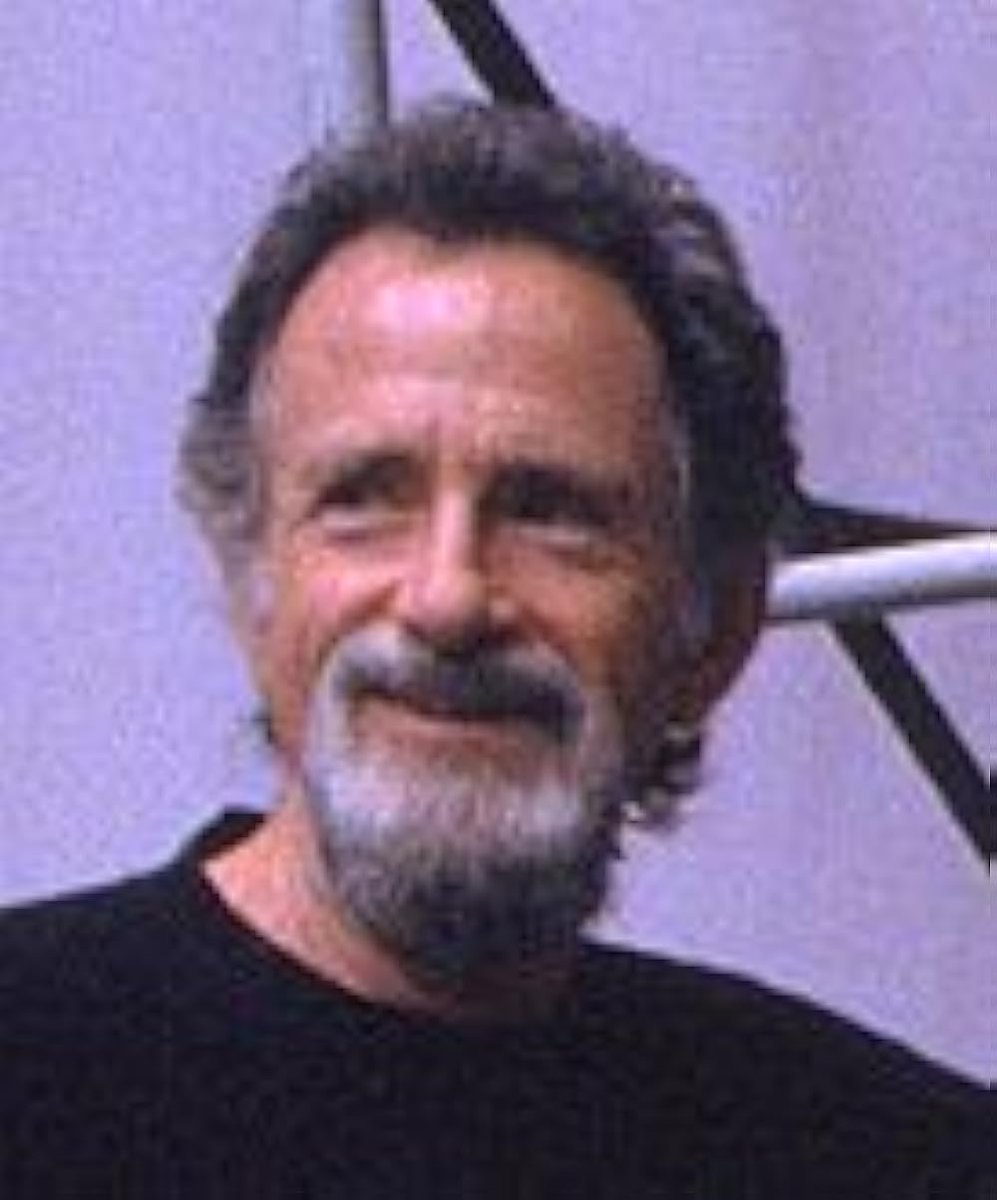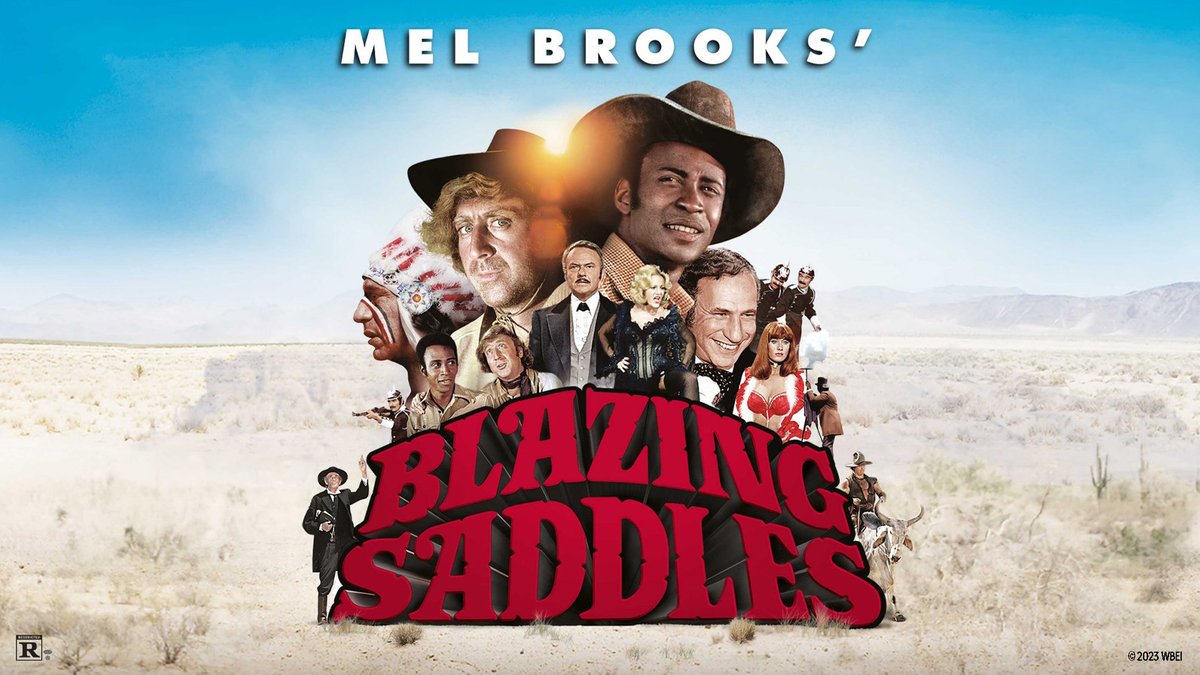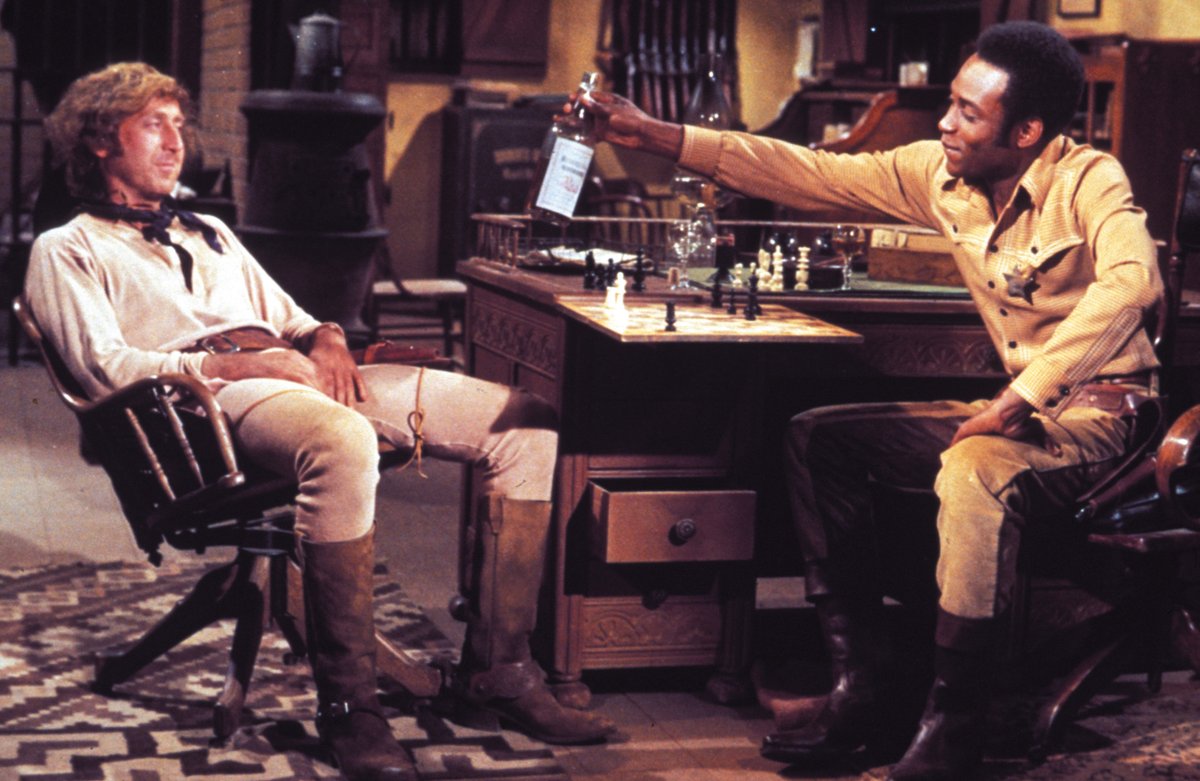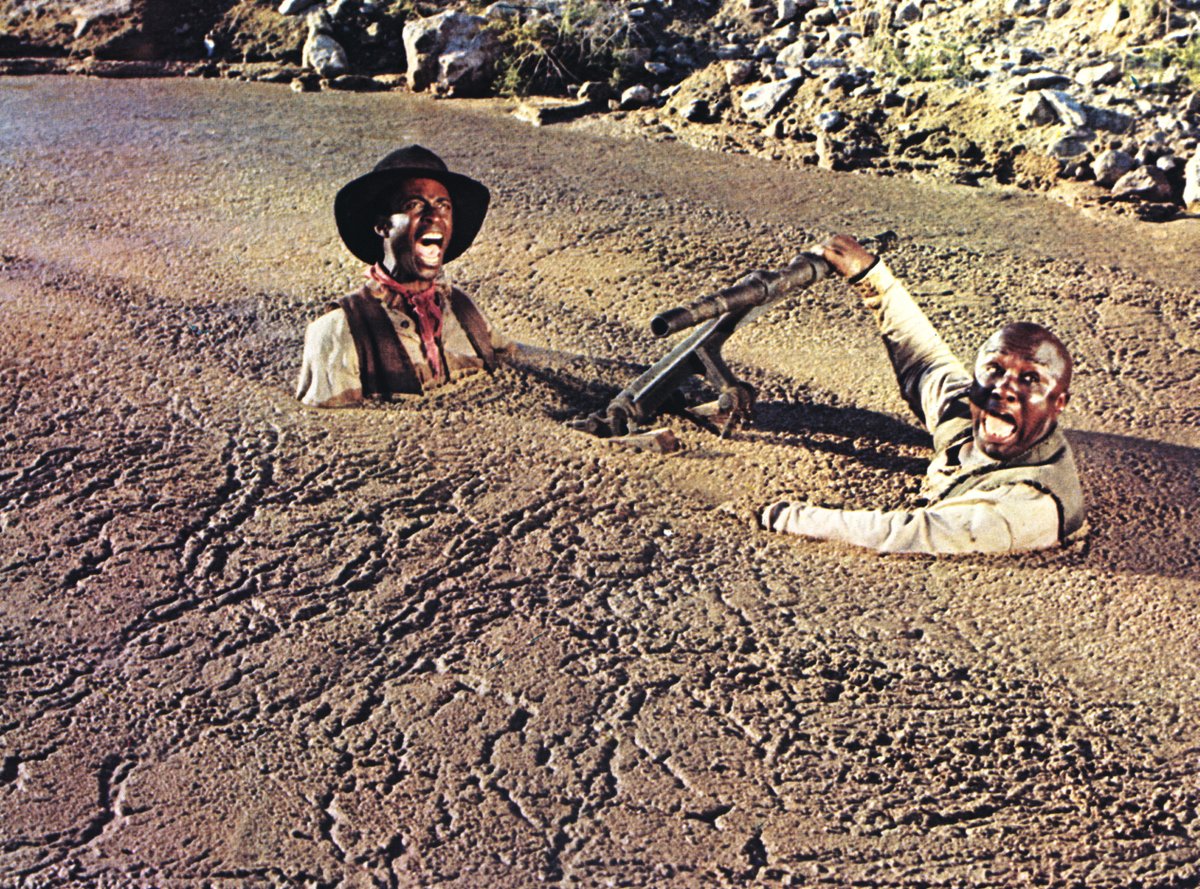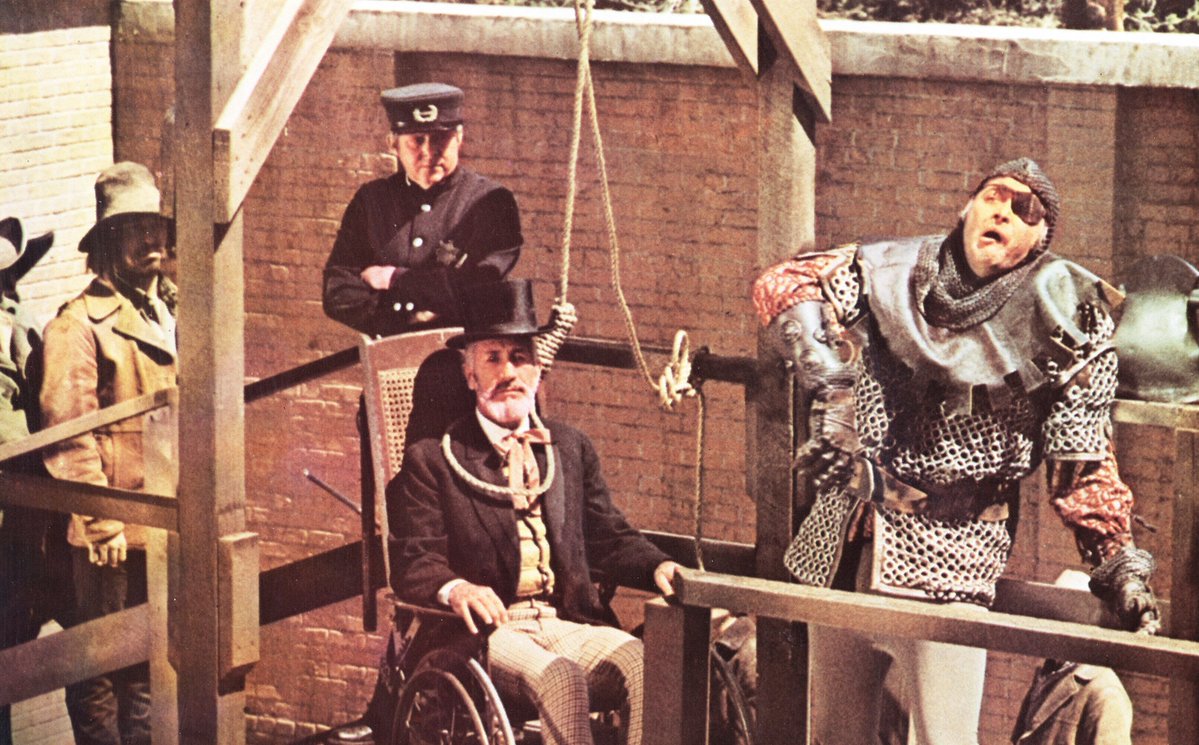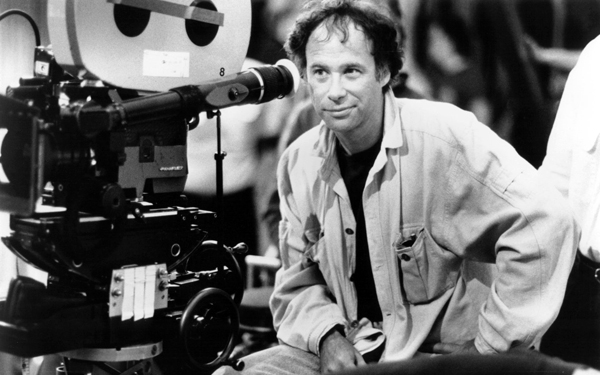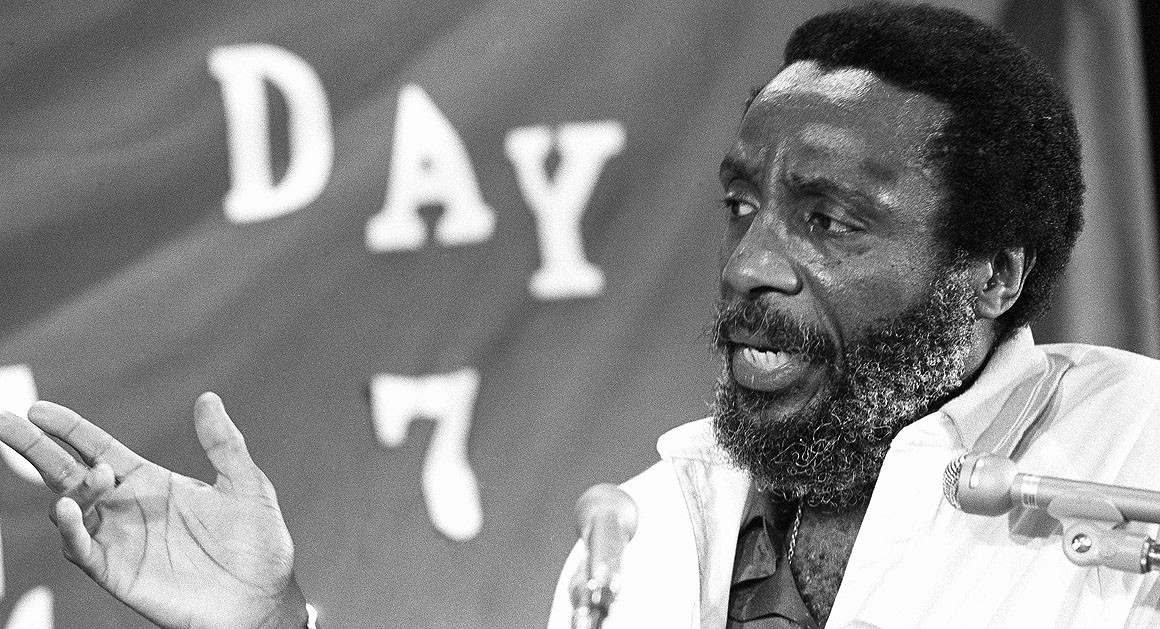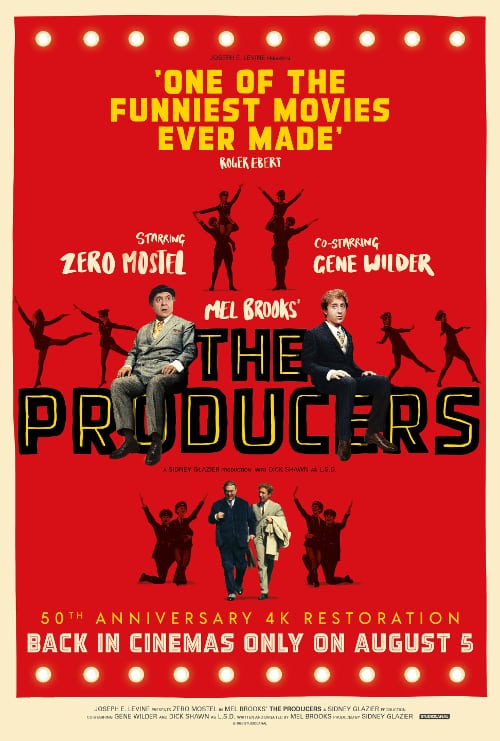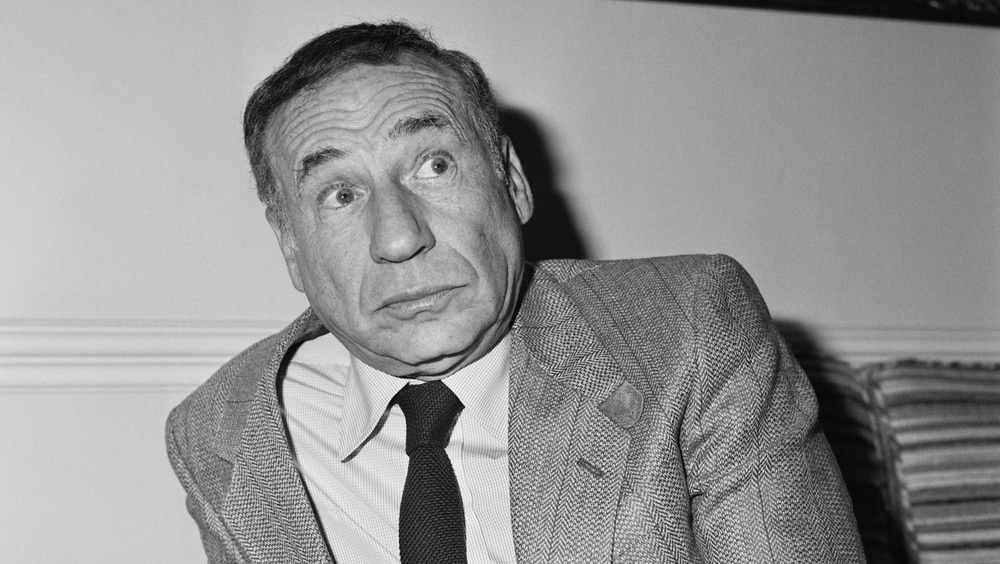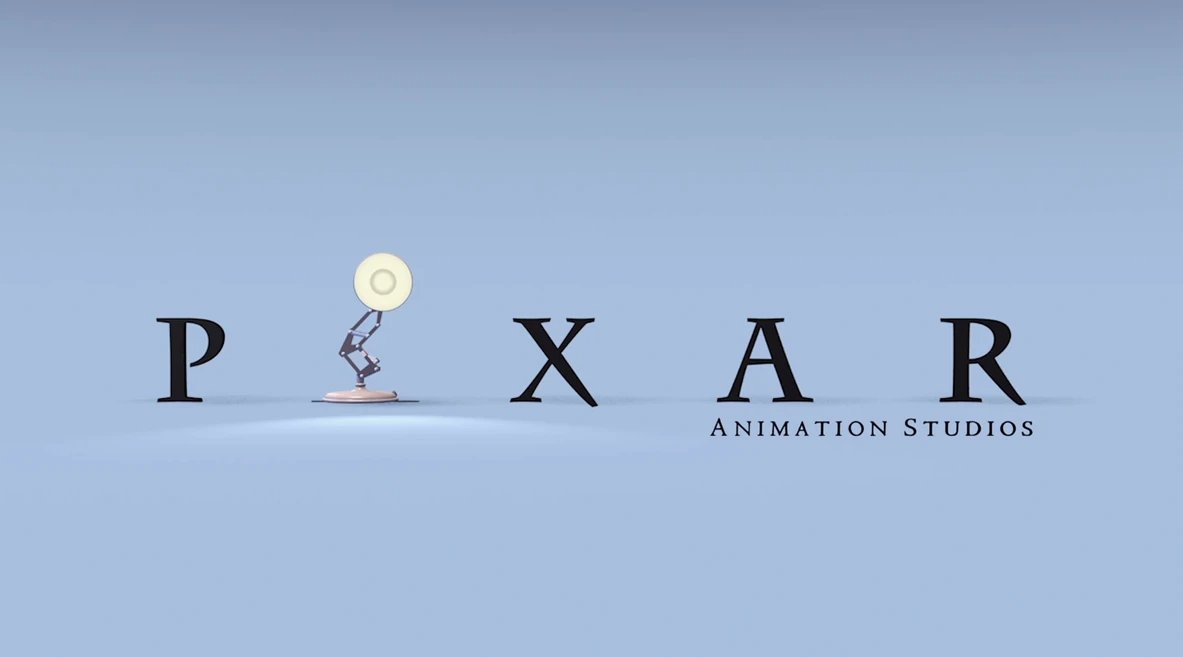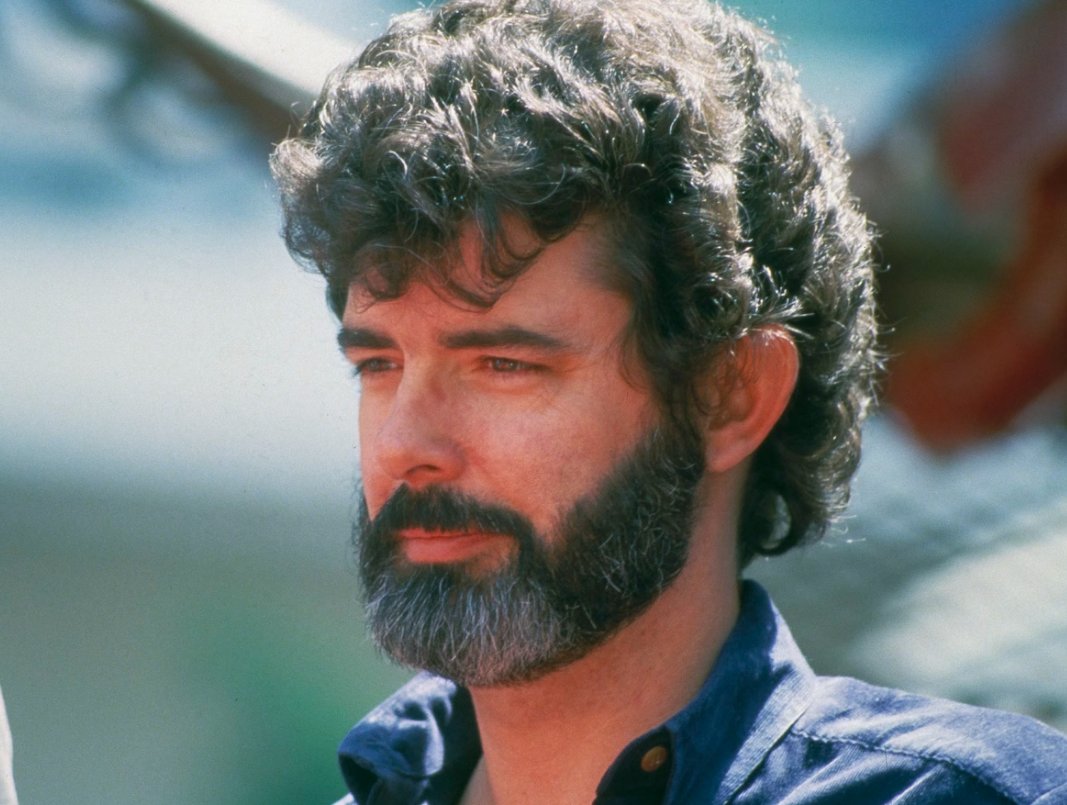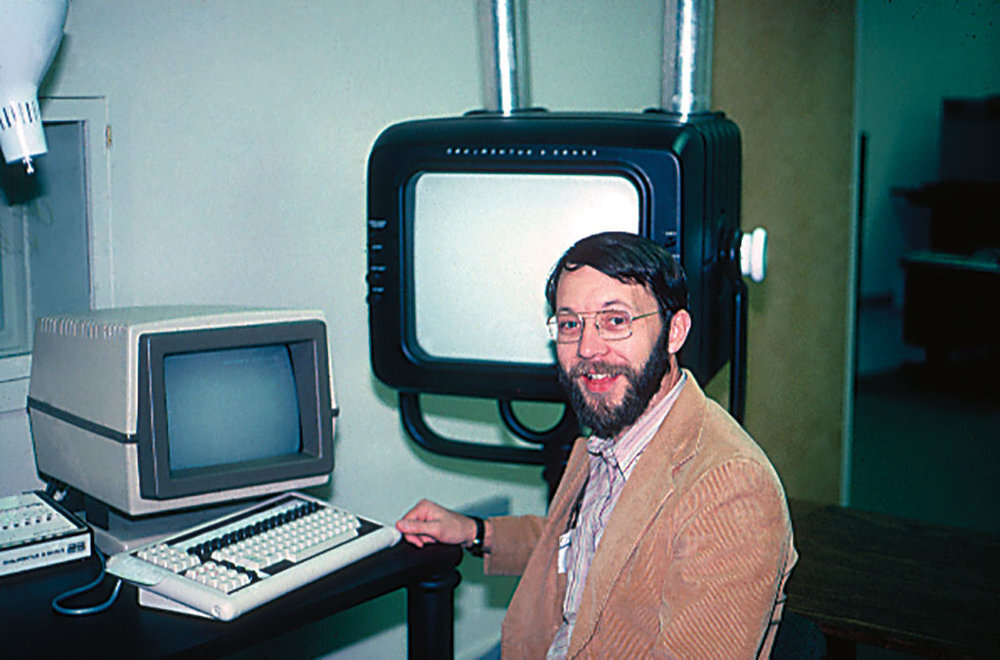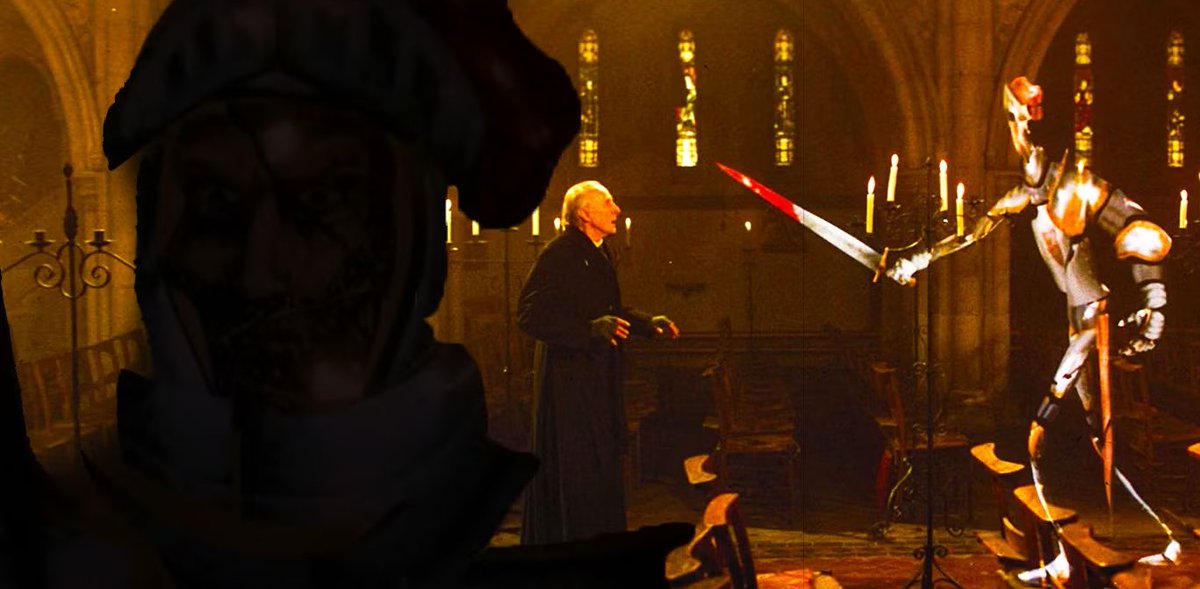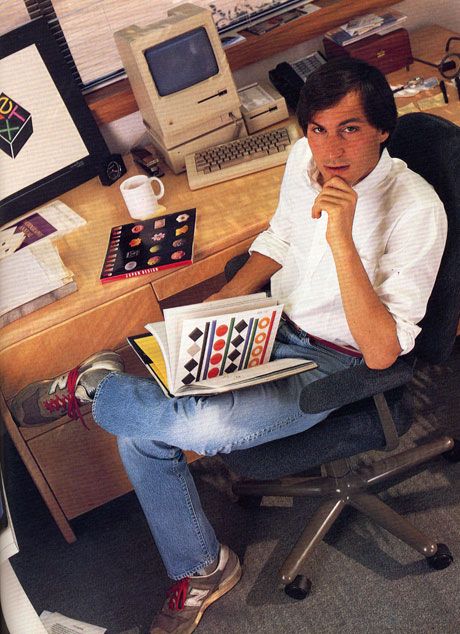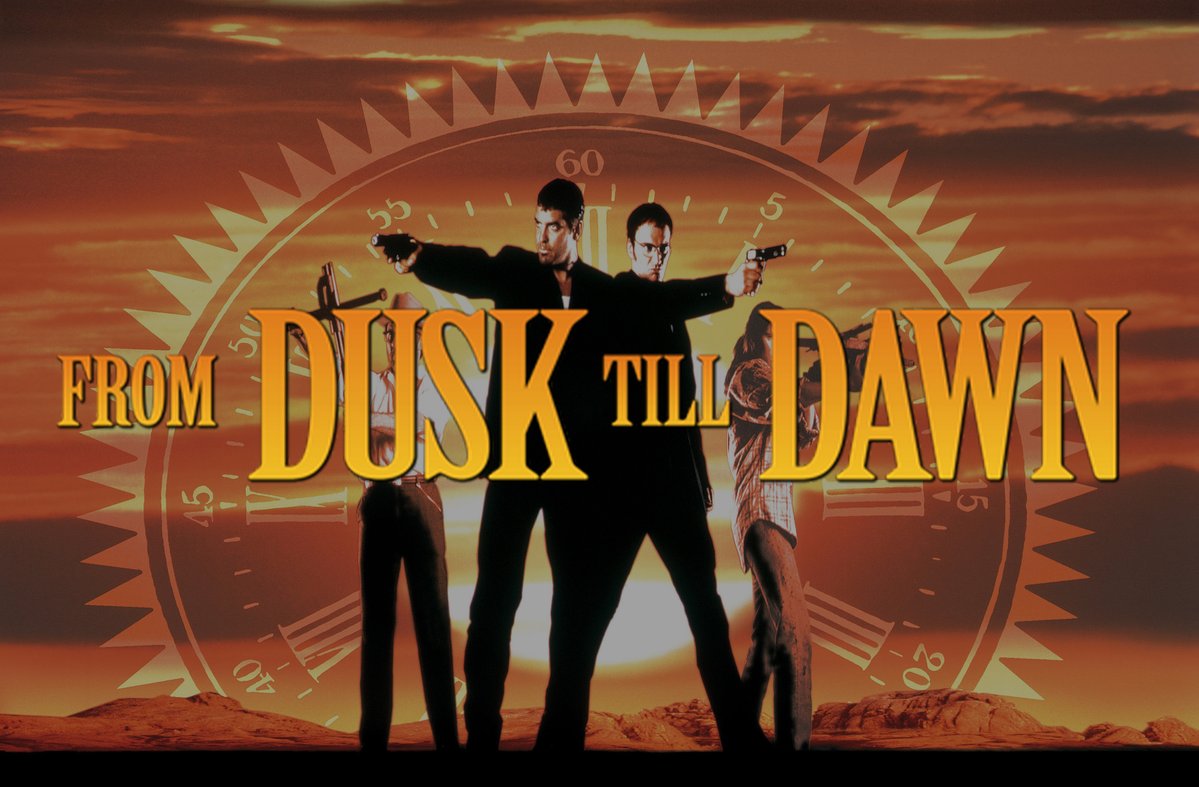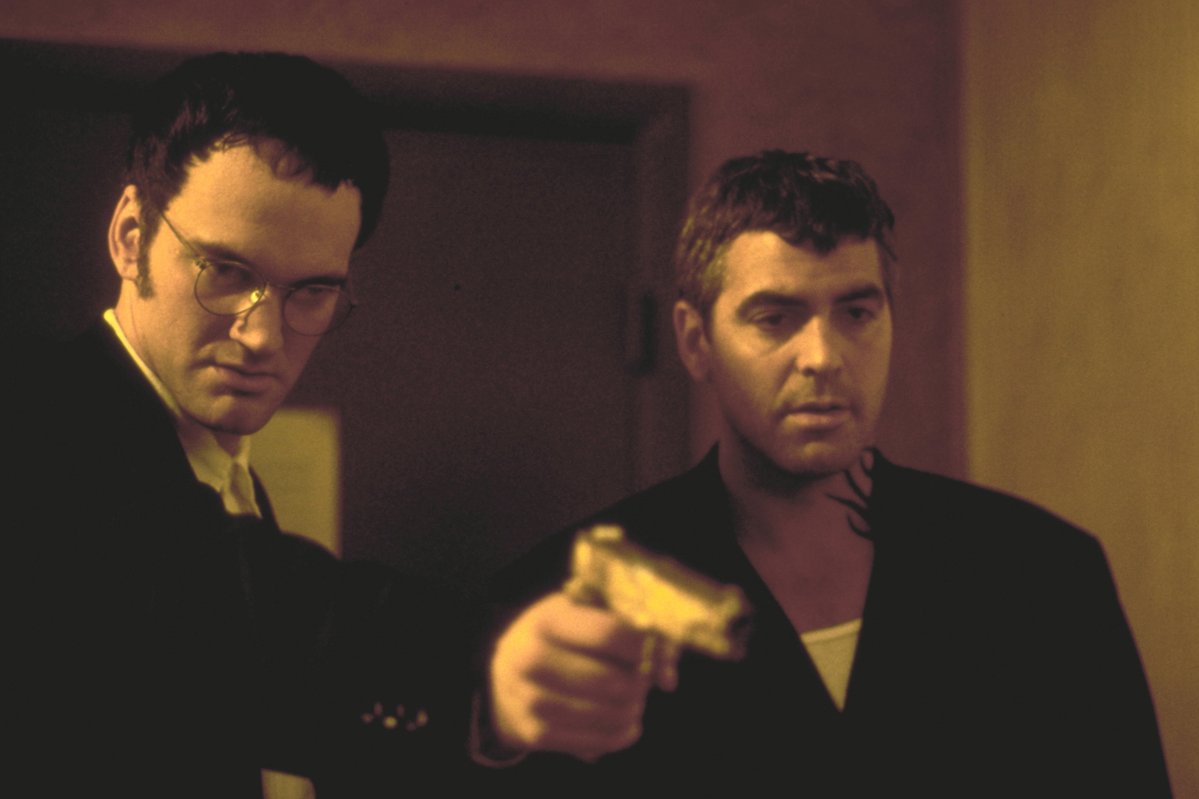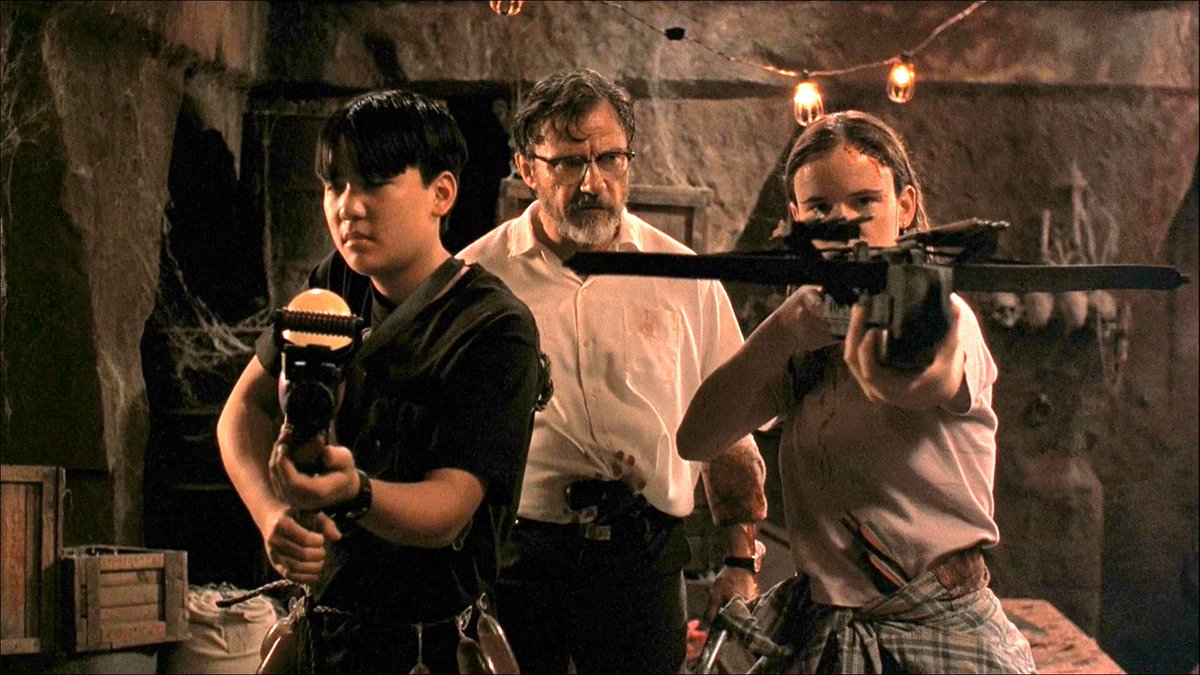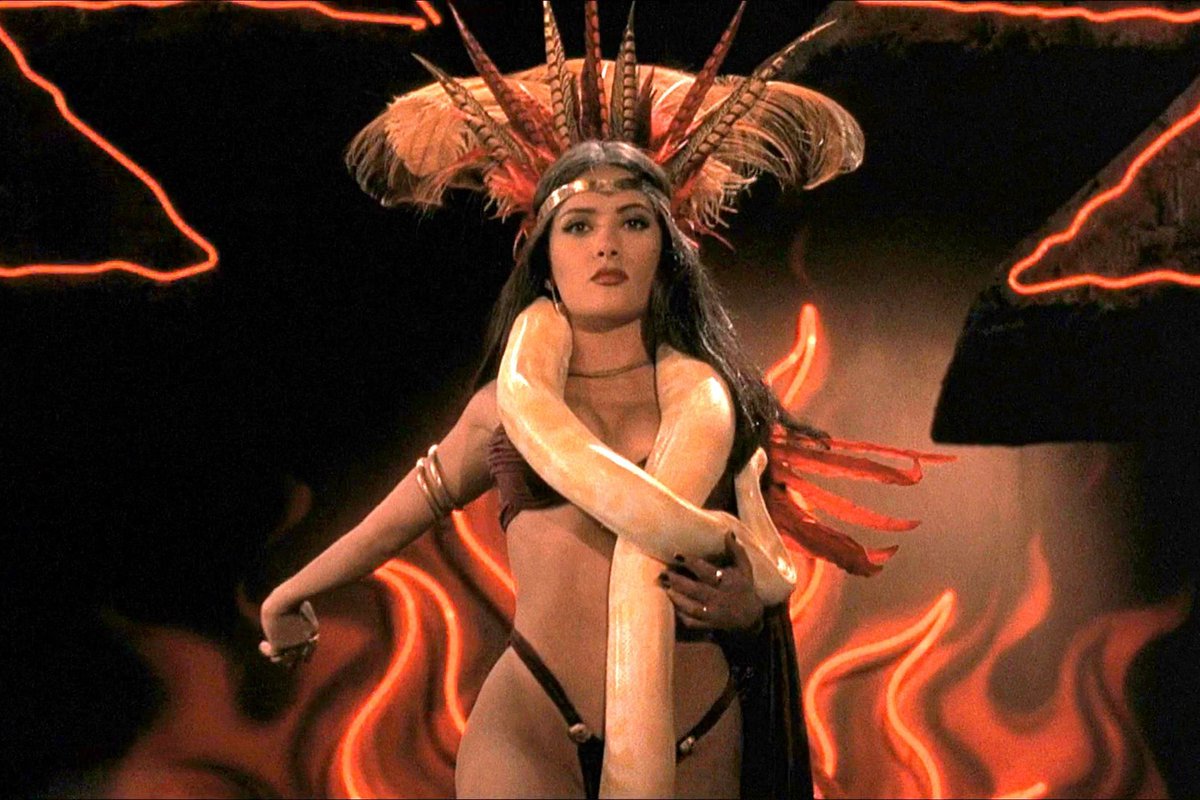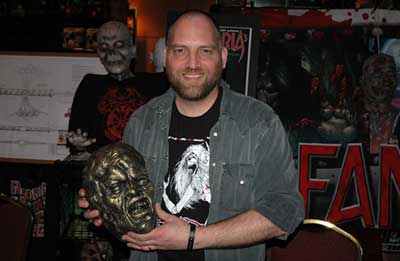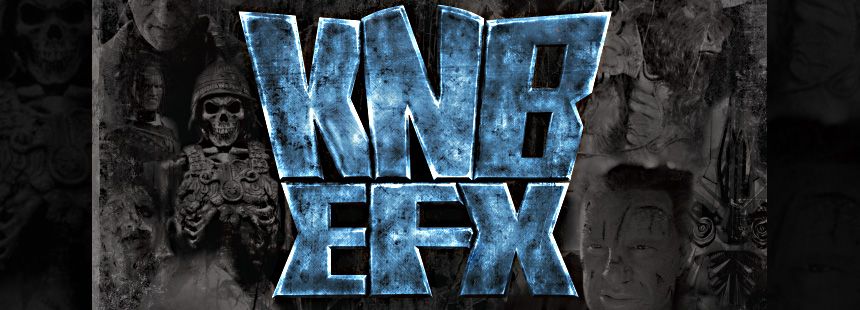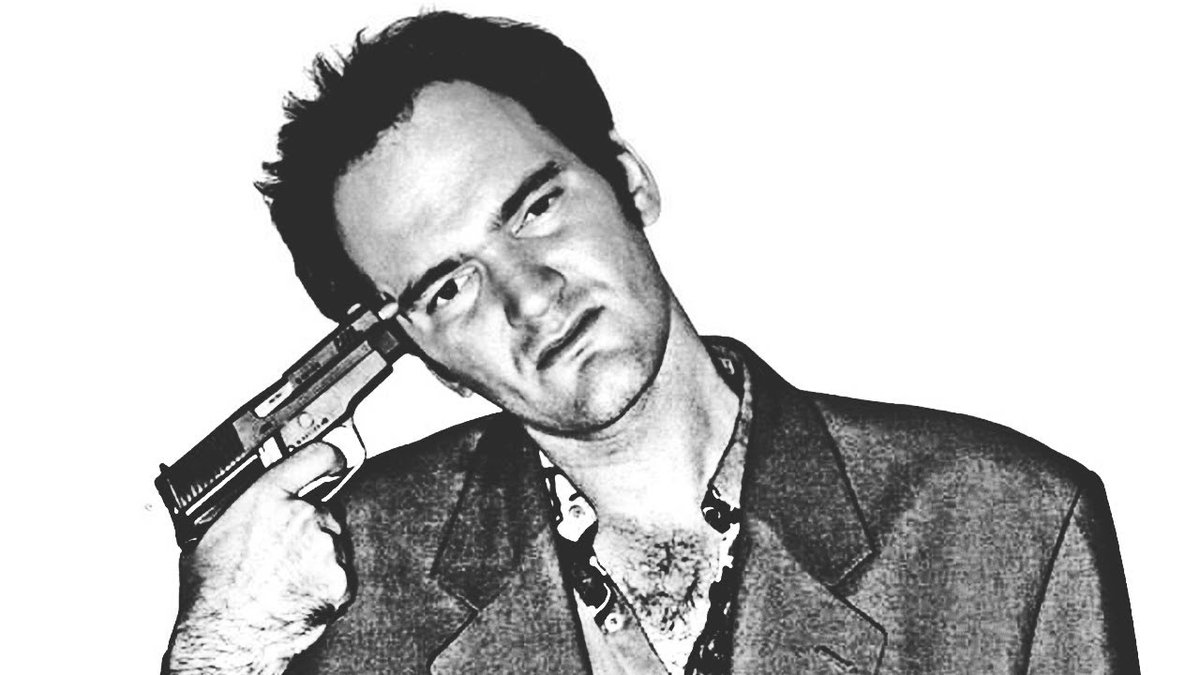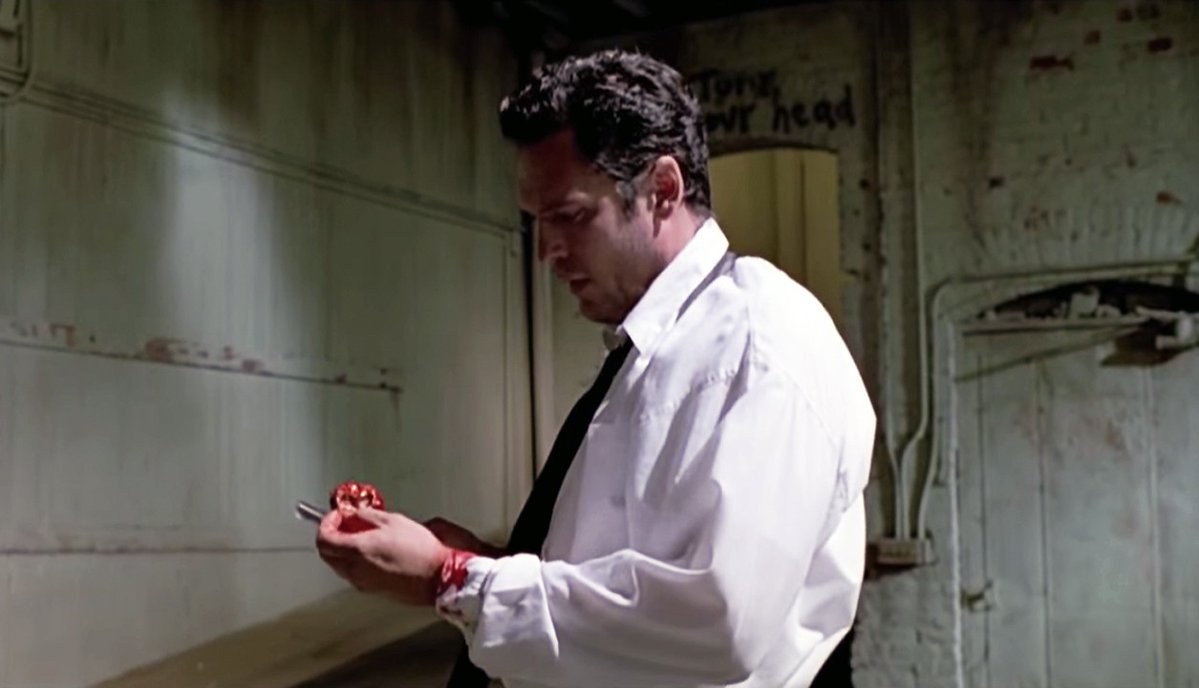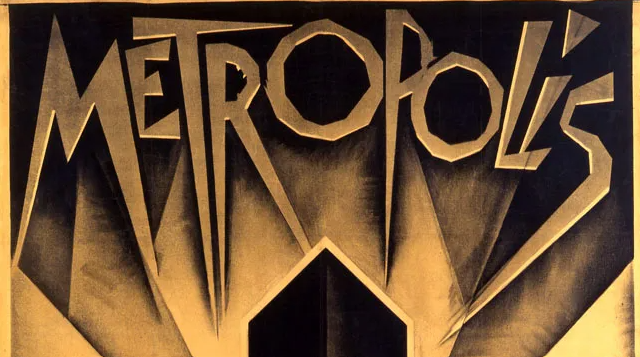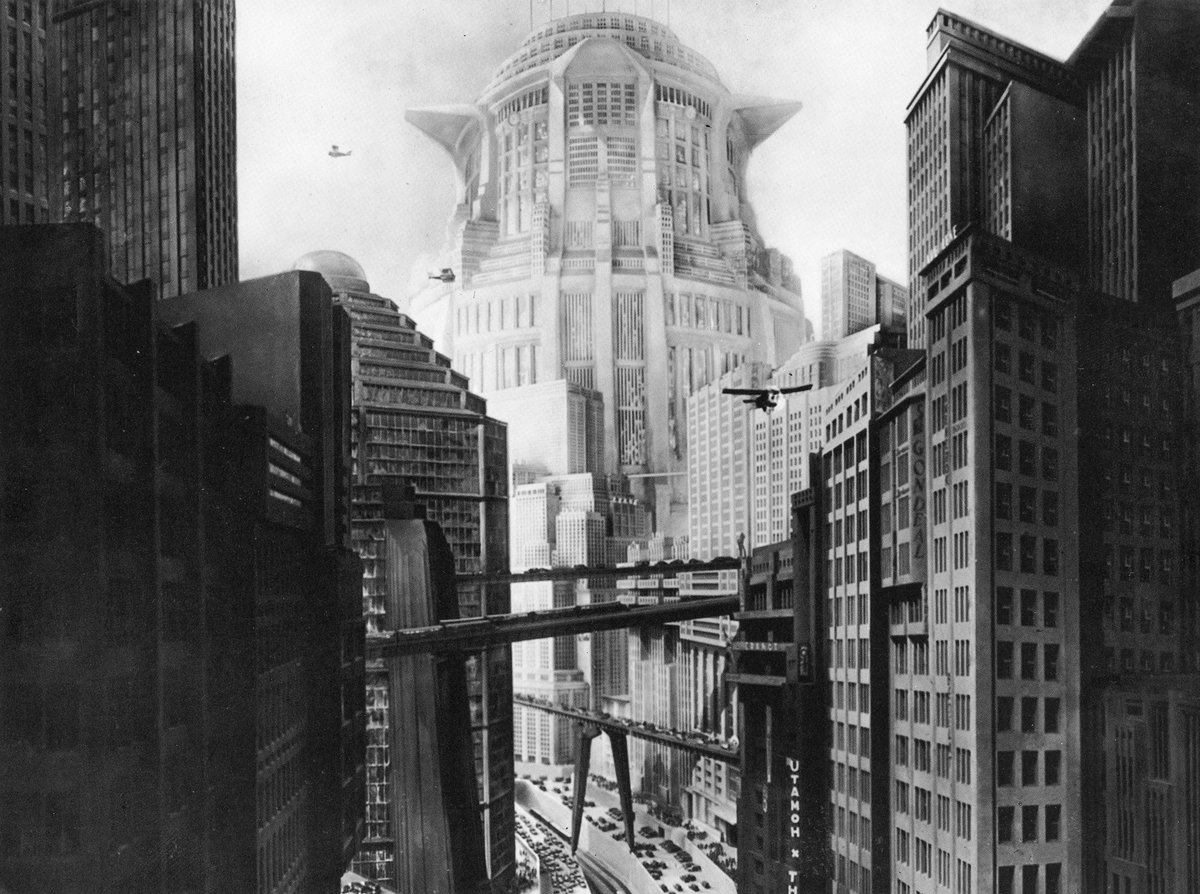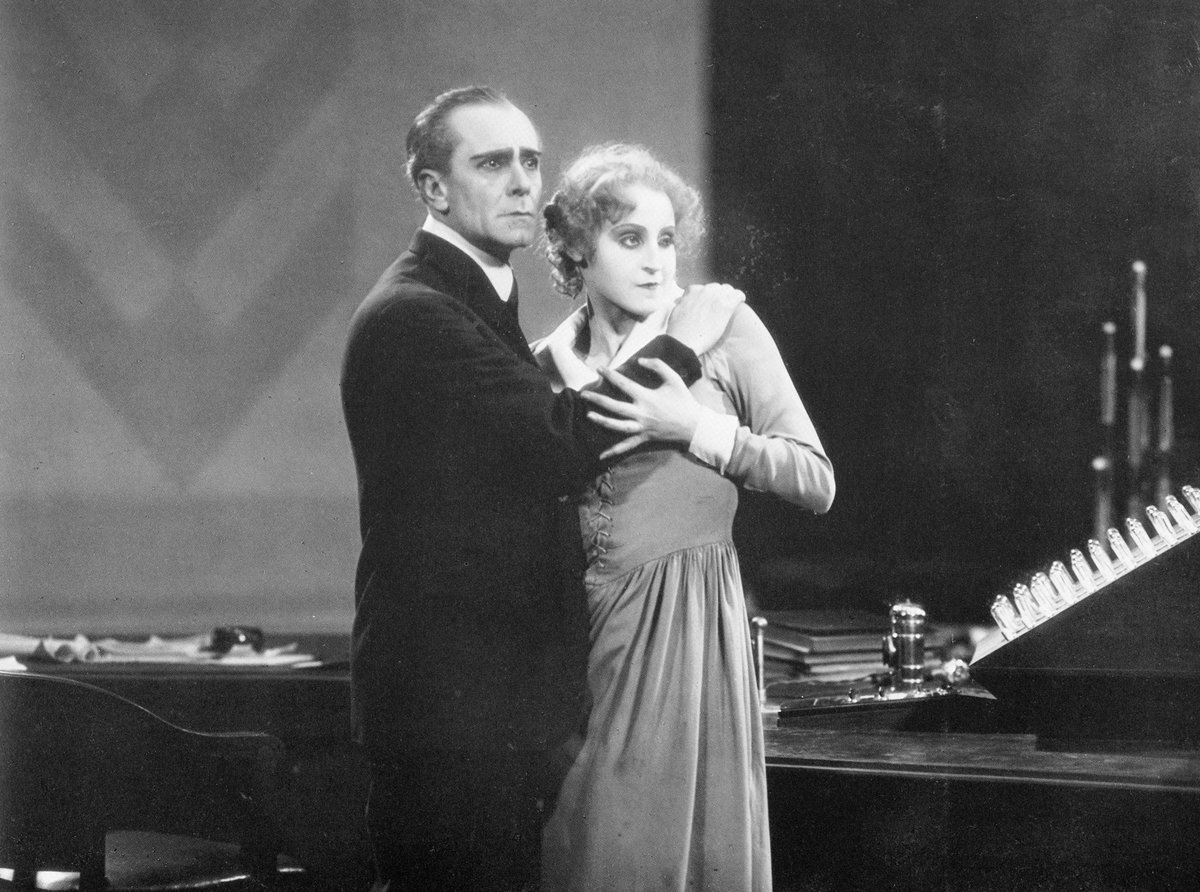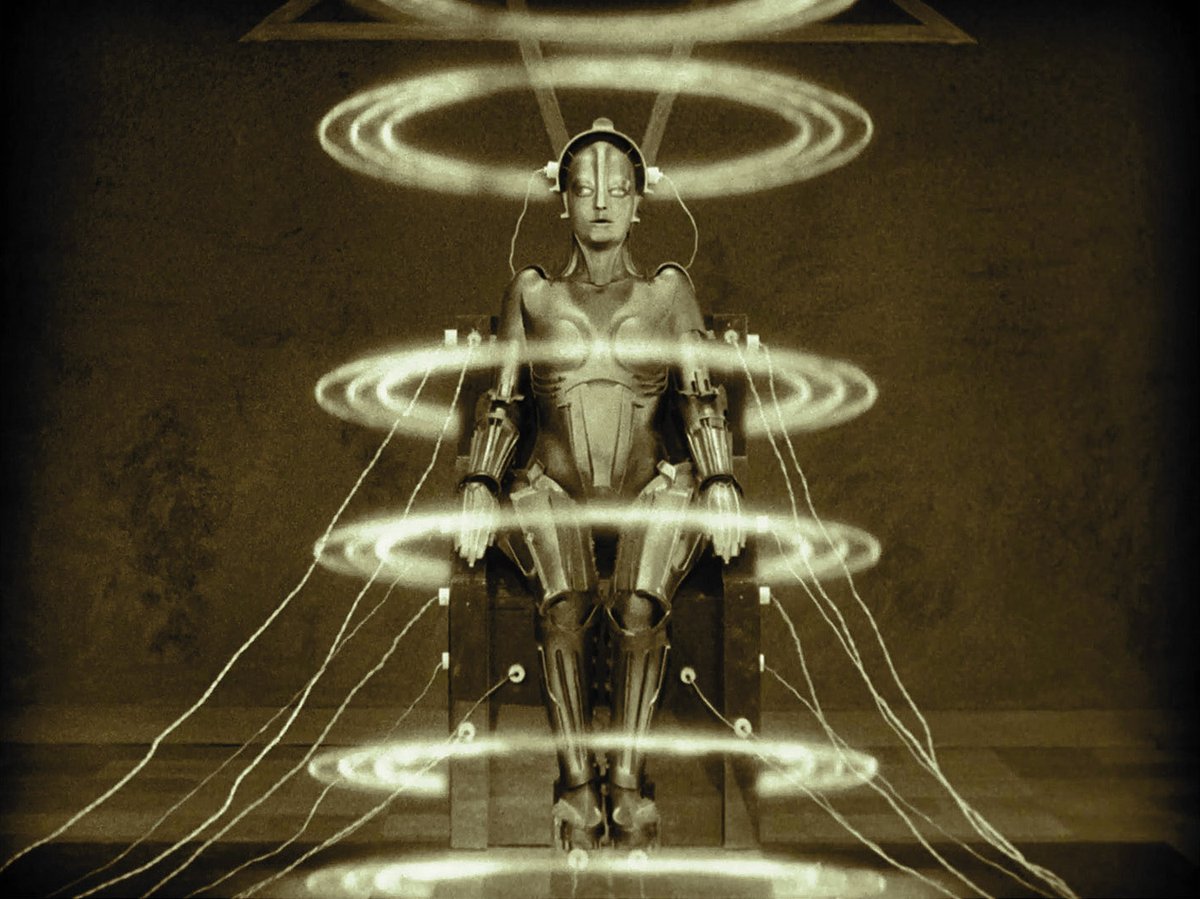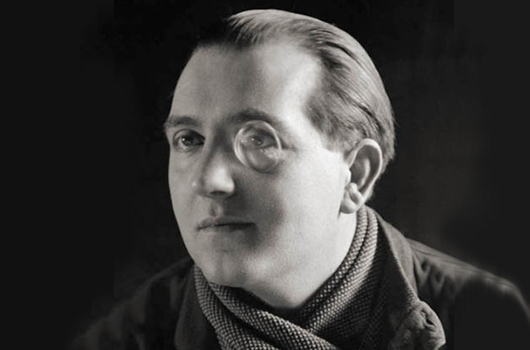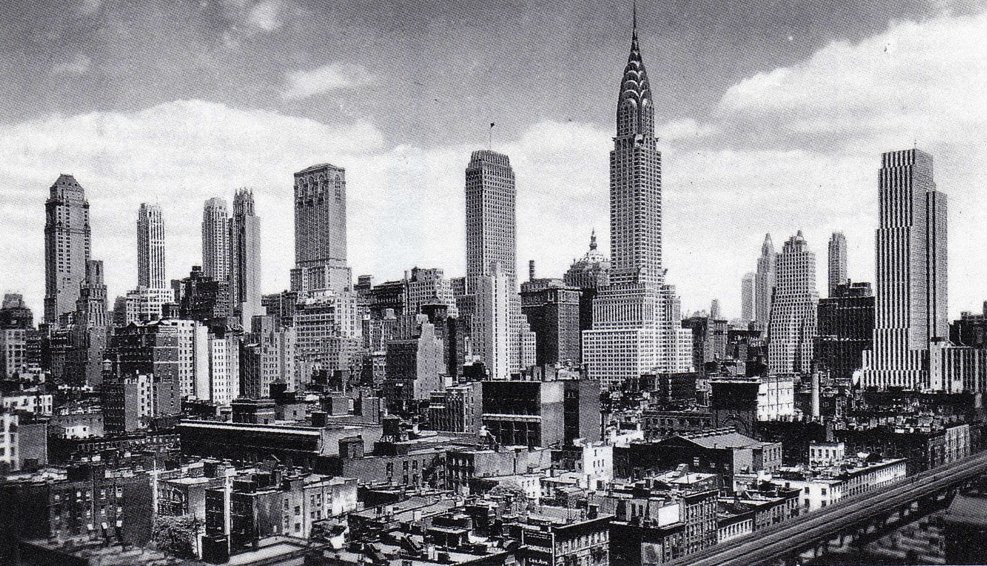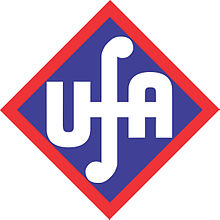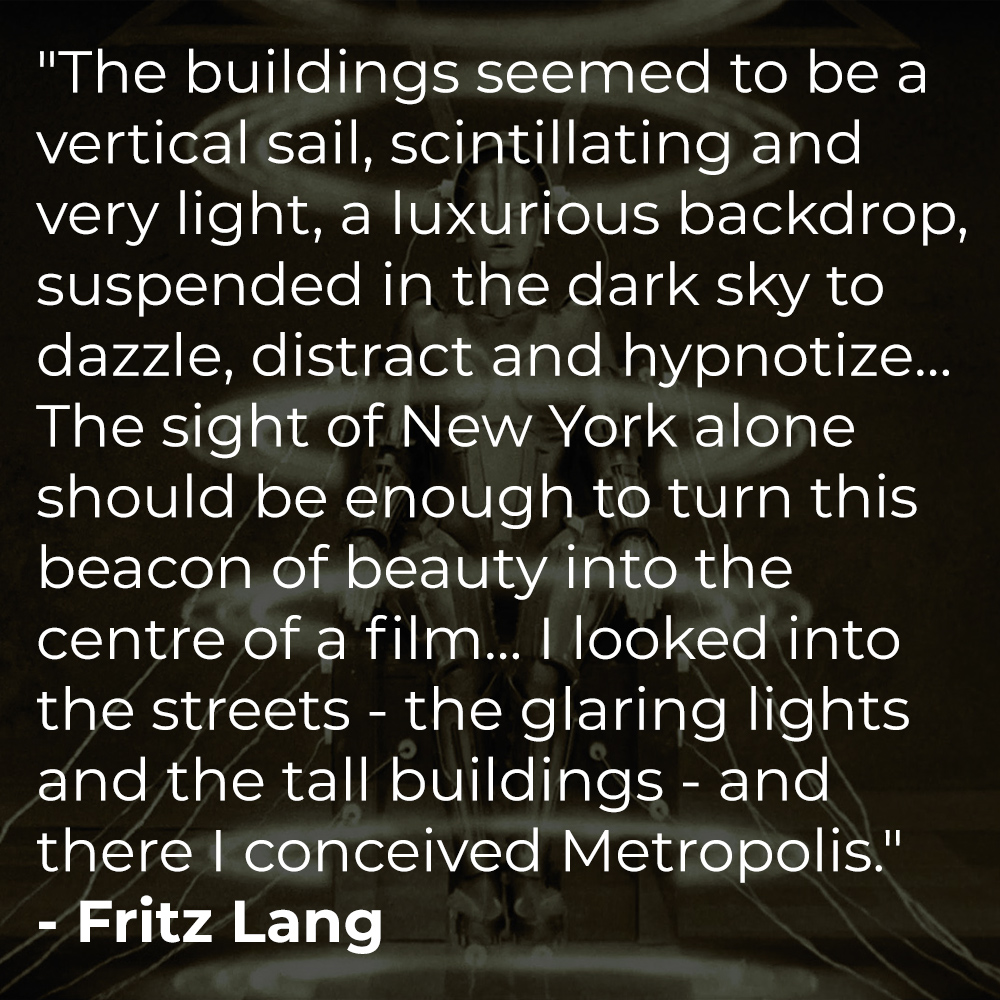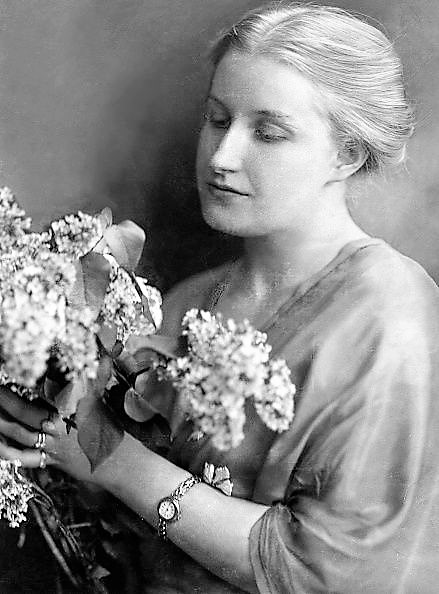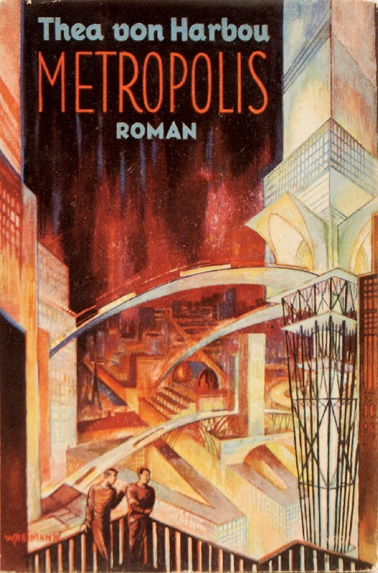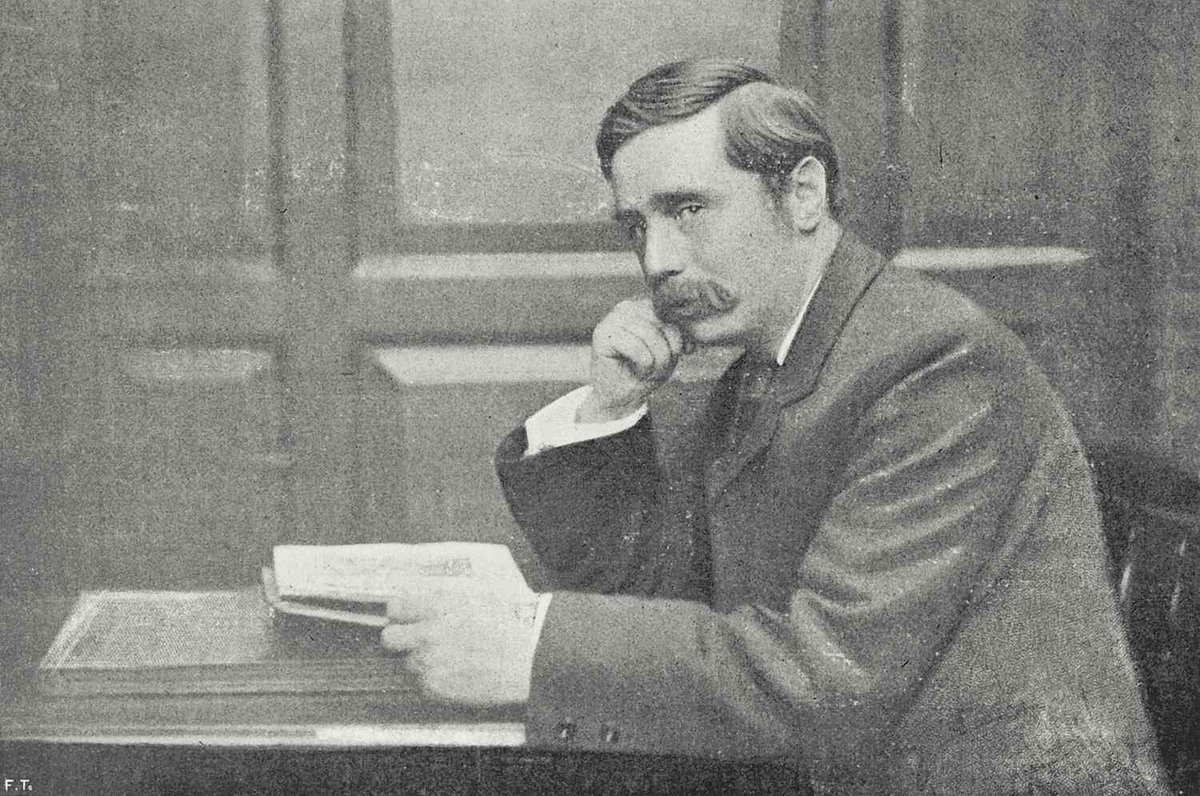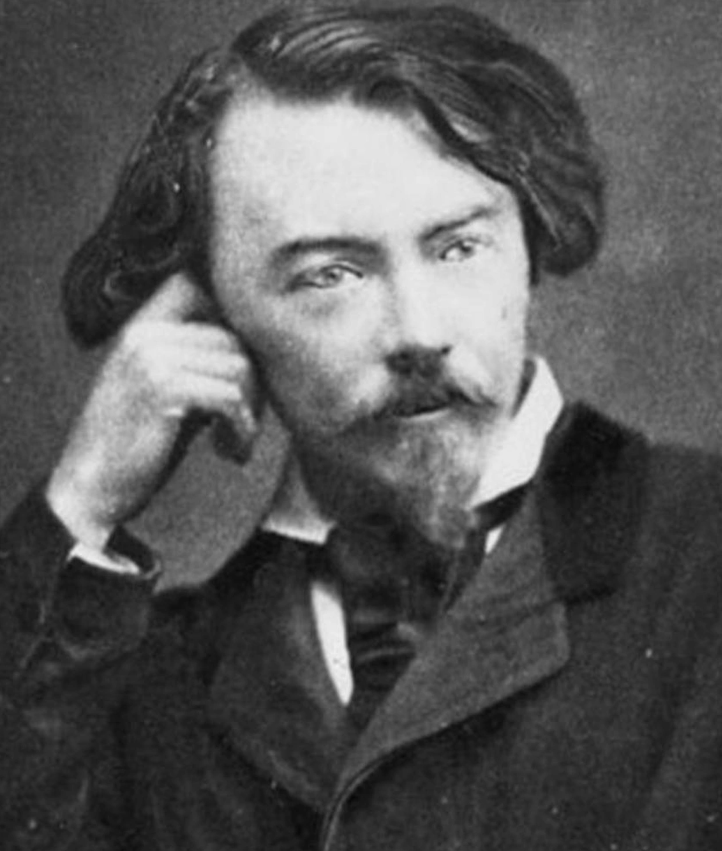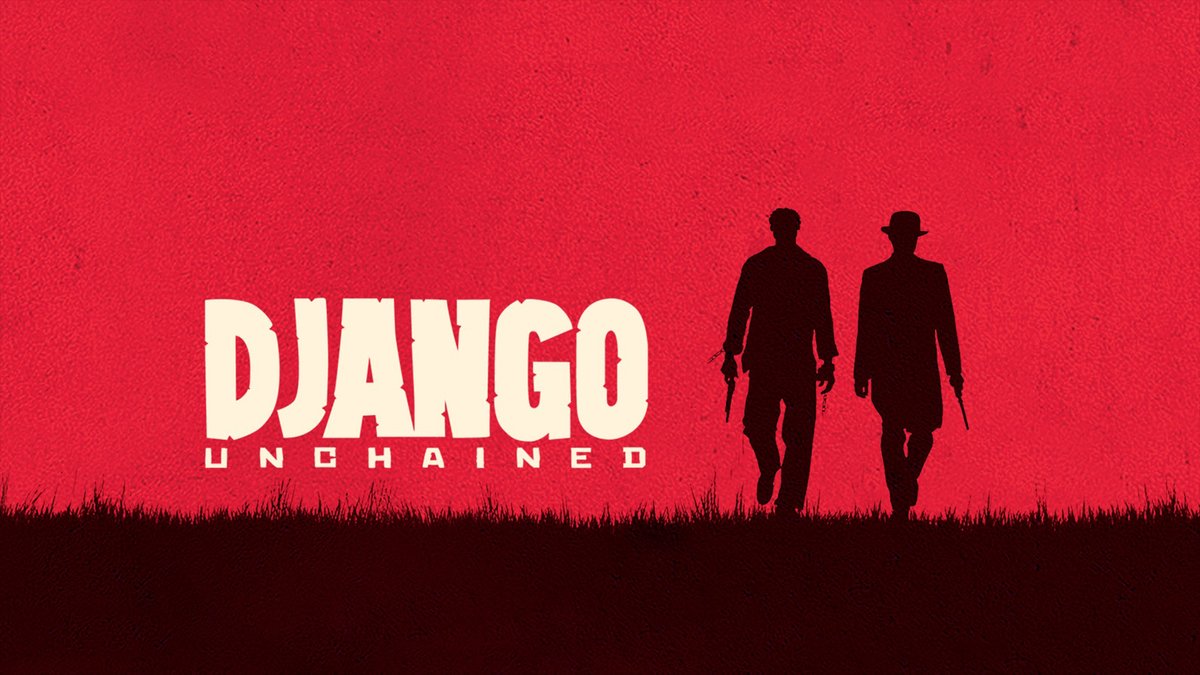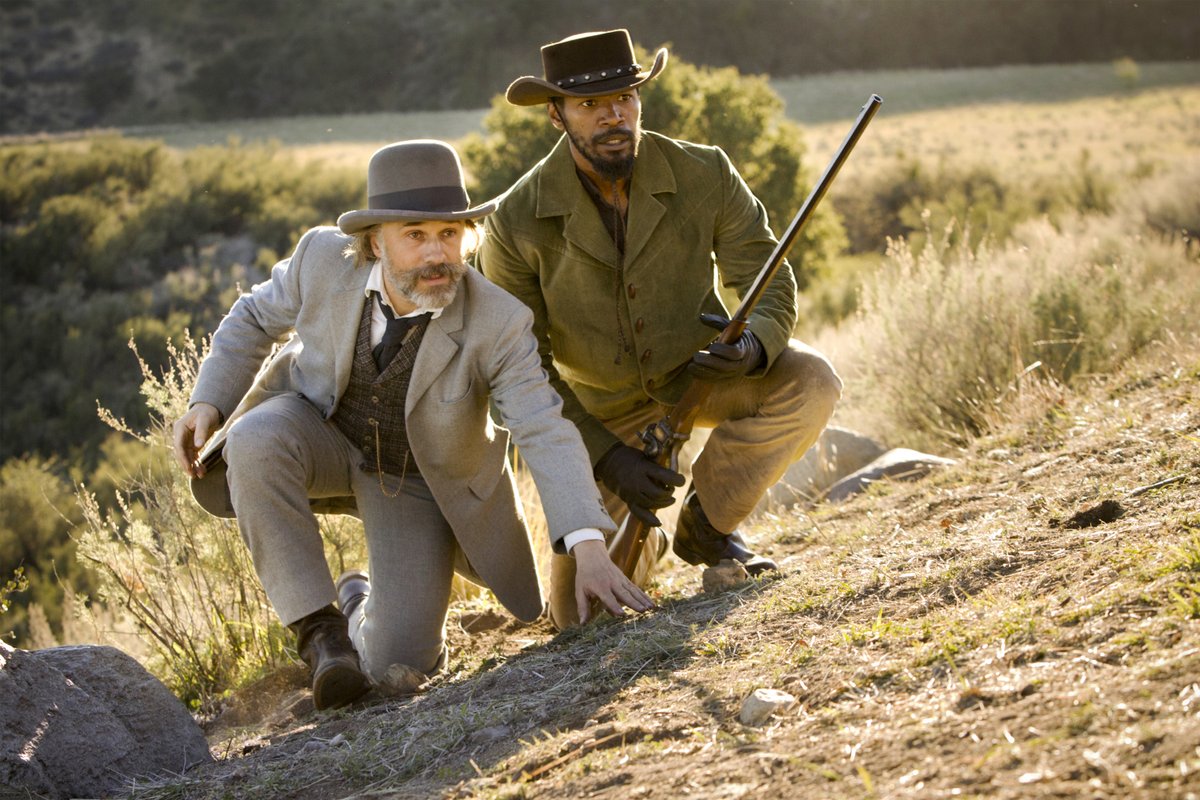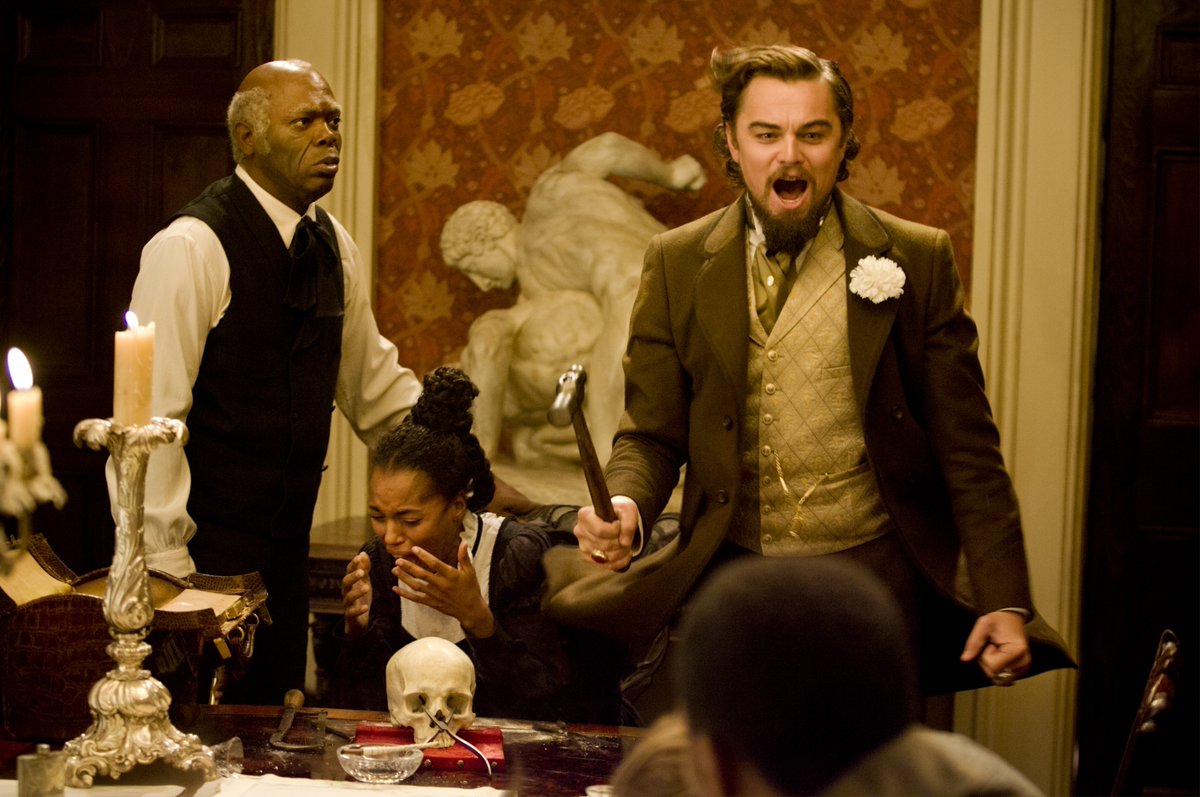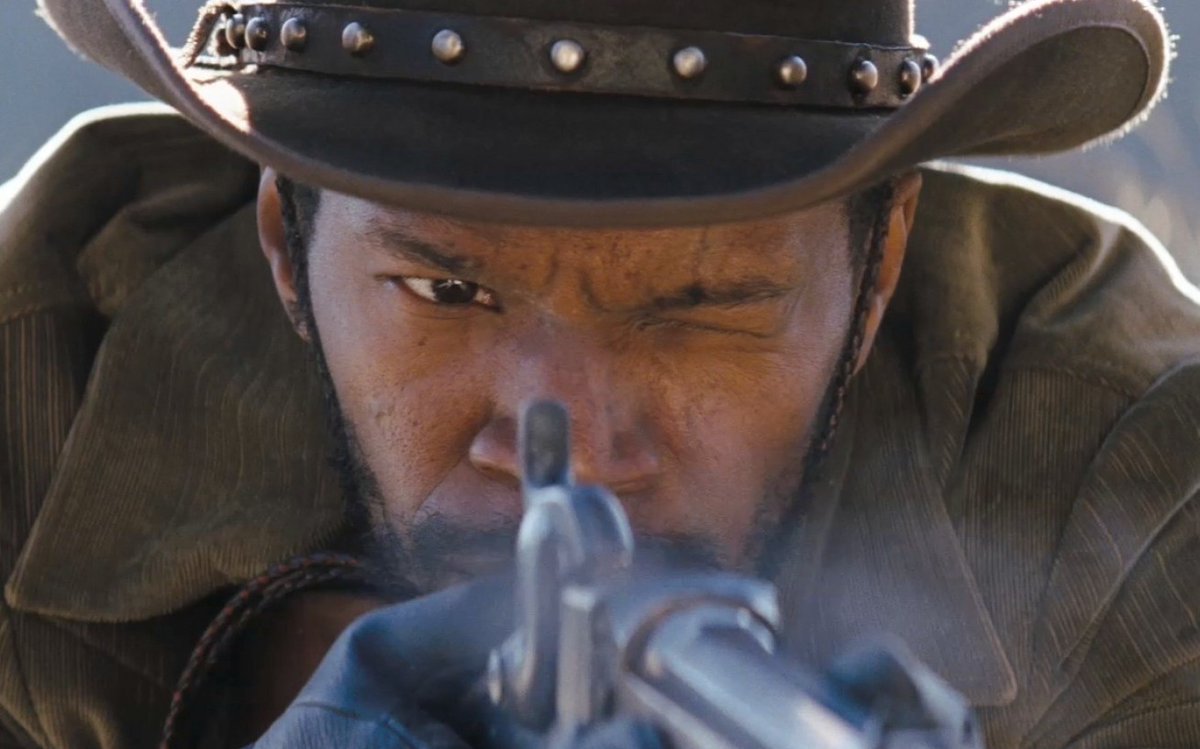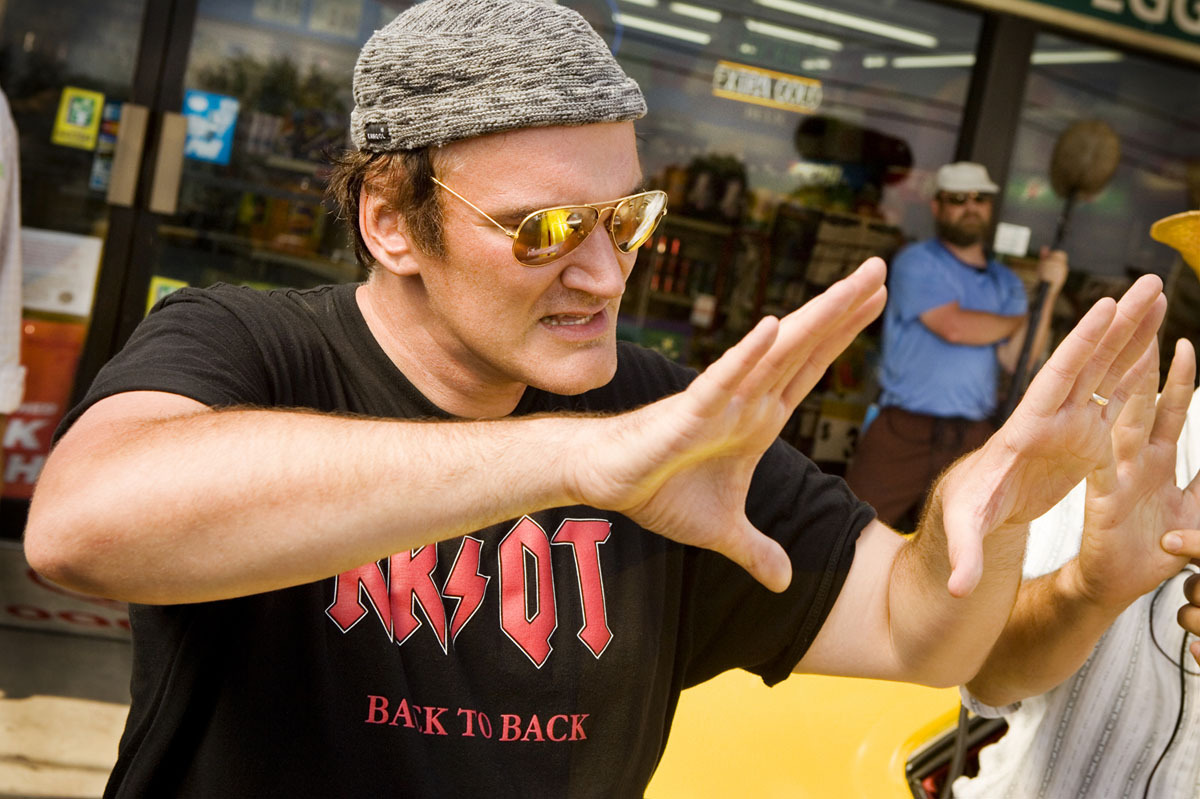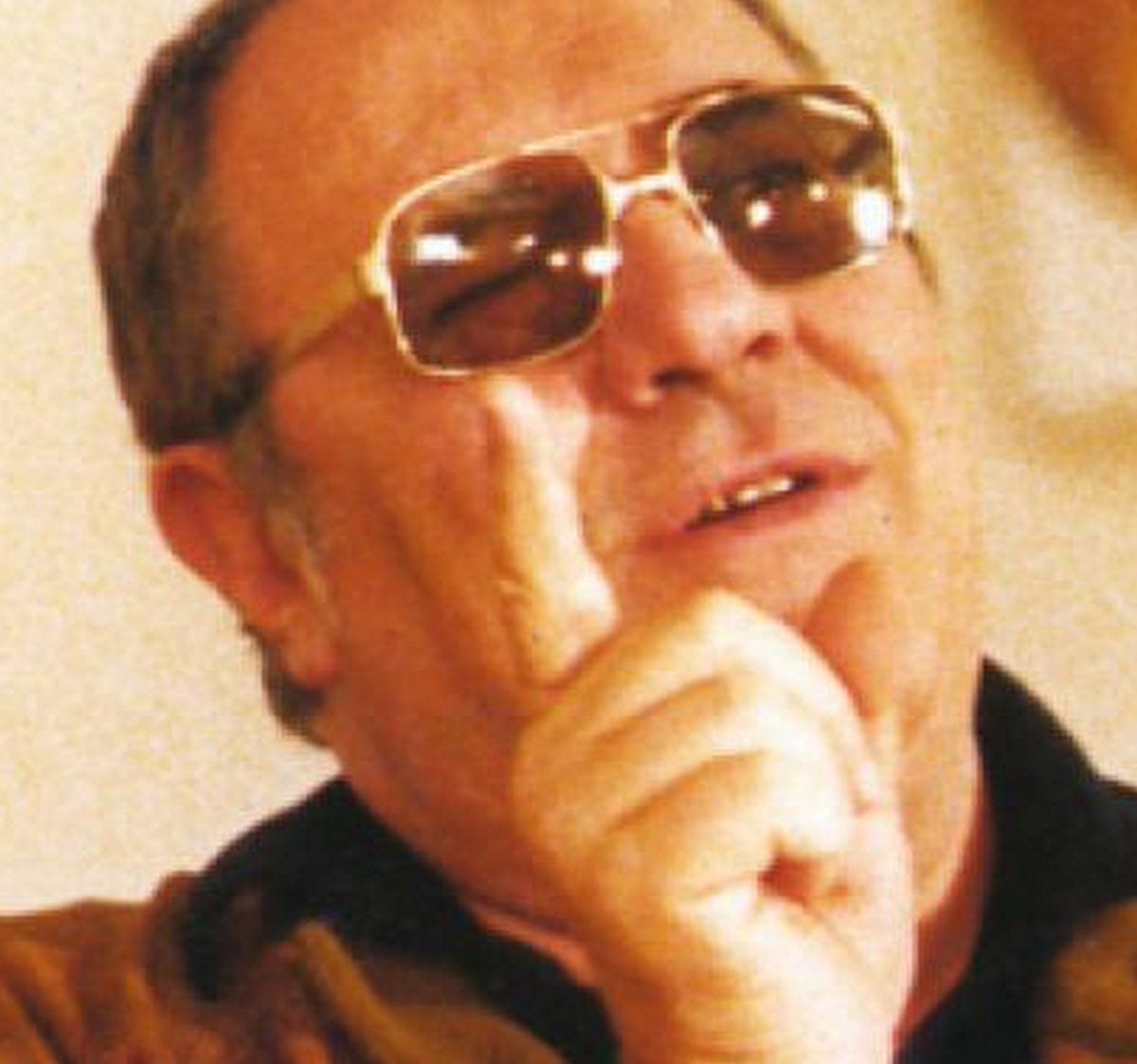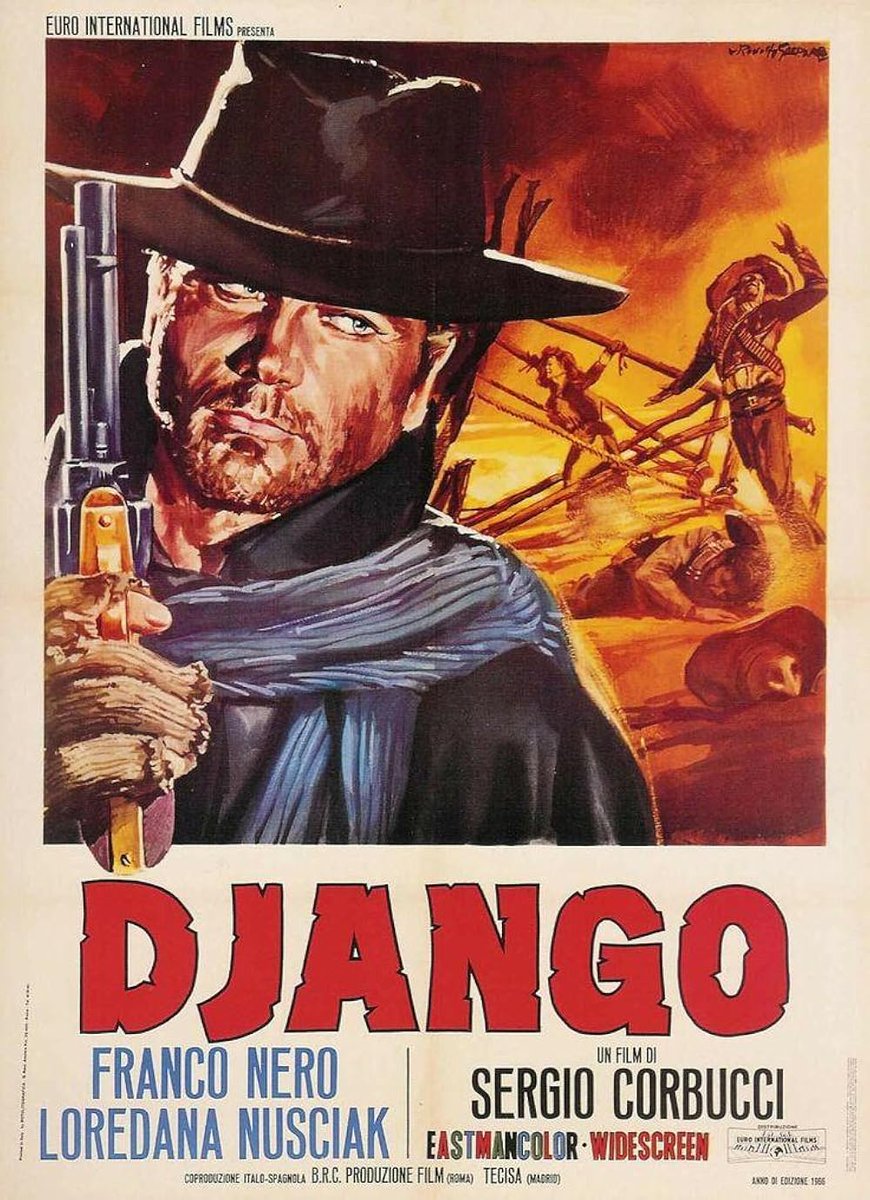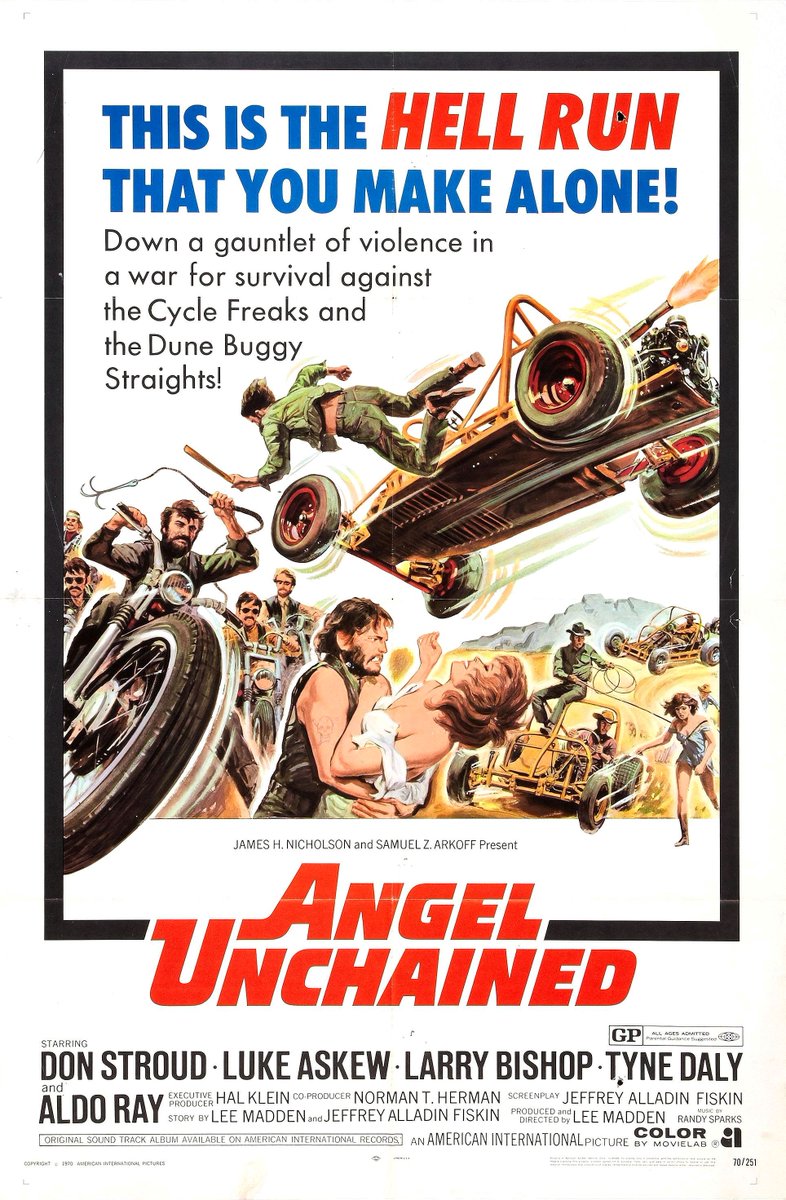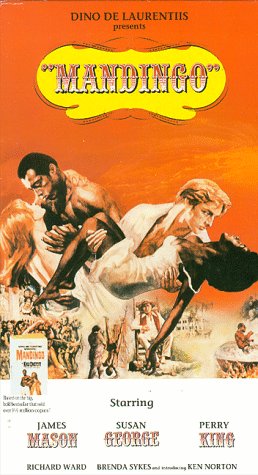Today is STAR WARS day. The original film was probably Hollywood's biggest cultural phenomenon, and the making of story is a fascinating one. #StarWarsDay #MayThe4thBeWithYou
A THREAD
1/37



A THREAD
1/37

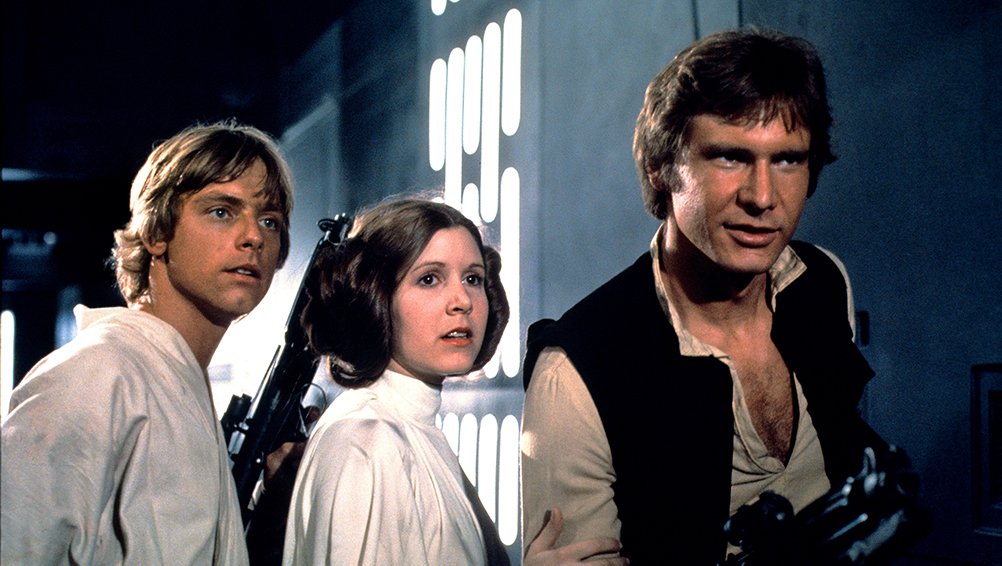
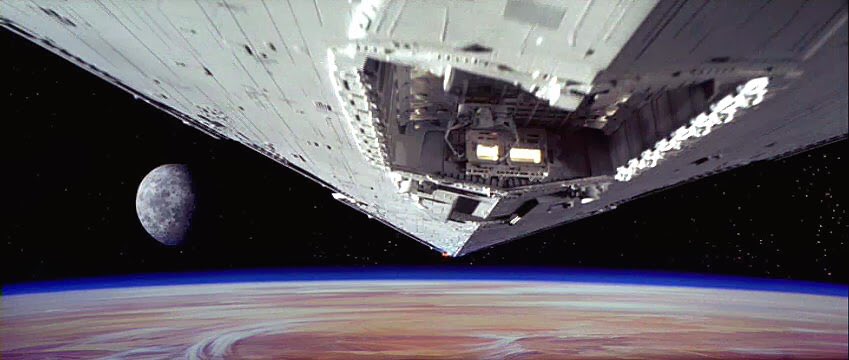
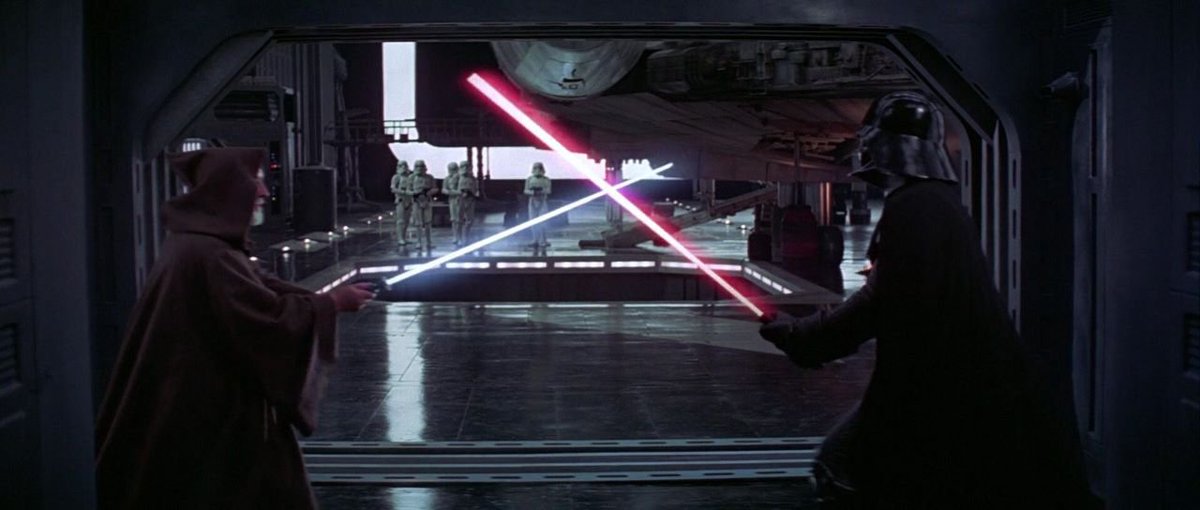
George Lucas' first film was THX-1138 in 1971. It was a box office bomb but did pique studios' interests. UA offered Lucas a two-film deal. The first was American Graffiti. The second was what Lucas called “a space opera that’s a bit like a western, a bit like James Bond.”
2/37


2/37



Lucas’ first idea was to make an adaptation of the Flash Gordon TV series he loved as a kid. He couldn’t get the rights but still took from Flash Gordon in the Star Wars prologues…
3/37
3/37
Star Wars was originally called The Journal Of The Whills. At one point, the main characters were all robots. Then they were all dwarves. Luke was called Luke Starkiller, a 60-year-old general. Han Solo was originally a huge green-skinned monster with no nose and gills.
4/37

4/37


Lucas was inspired by history:
- The Empire came from the Roman Empire
- “May The Force Be With You” is Catholic: “May Peace Be With You”
- Space battles are based on war films like The Battle Of Britain
- The Imperial uniforms came from Nazis. So did the term Stormtrooper
5/37



- The Empire came from the Roman Empire
- “May The Force Be With You” is Catholic: “May Peace Be With You”
- Space battles are based on war films like The Battle Of Britain
- The Imperial uniforms came from Nazis. So did the term Stormtrooper
5/37


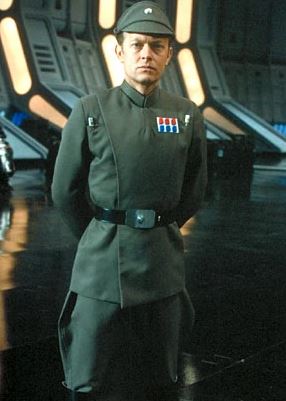
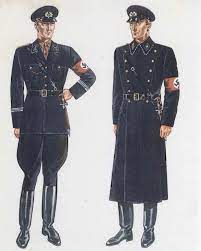
He was also inspired by classic science fiction:
- Moisture farms and spice mines come from Frank Herbert’s Dune.
- R2-D2 was inspired by the robots from Silent Running, and C-3PO by Maria from Metropolis.
- The spaceships were inspired by Kubrick’s 2001: A Space Odyssey.
6/37



- Moisture farms and spice mines come from Frank Herbert’s Dune.
- R2-D2 was inspired by the robots from Silent Running, and C-3PO by Maria from Metropolis.
- The spaceships were inspired by Kubrick’s 2001: A Space Odyssey.
6/37




Lucas wrote a treatment called The Star Wars and UA, Universal and Disney passed on it. Lucas gave it to Francis Ford Coppola and William Friedkin (who owned a studio) and Friedkin says: “I said ‘what's this sh*t?' I didn’t believe George could pull it off. I was wrong.”
7/37

7/37


Lucas then pitched the idea to Head of 20th Century Fox, Alan Ladd, who said, “I had no idea what George was talking about, but I knew he was talented, so invested in him.” Art from Ralph McQuarrie got the idea past the board and the film was greenlit with an $8m budget.
8/37


8/37



Lucas agreed to be paid $150k for writing and directing the film on the basis that he got the rights to any sequels, and full rights to merchandise, including toys. Over the next 40 years, that deal made Lucas approx $6 billion. He’s the richest filmmaker of all time.
9/37

9/37


Japanese filmmaking legend Akira Kurosawa was a big influence. The Hidden Fortress is a film about rescuing a princess, told from the point of view of two peasants. Lucas changed peasants to droids, and started the story in Star Wars from their perspective.
10/37
10/37
Lucas wanted unknown actors and William Katt, Charles Martin Smith and Robert Englund (who played Freddy Krueger) all auditioned for Luke Skywalker. Englund told a friend about it, Mark Hamill. He auditioned and Lucas said: "Mark threw himself into it like nobody else.”
11/37



11/37



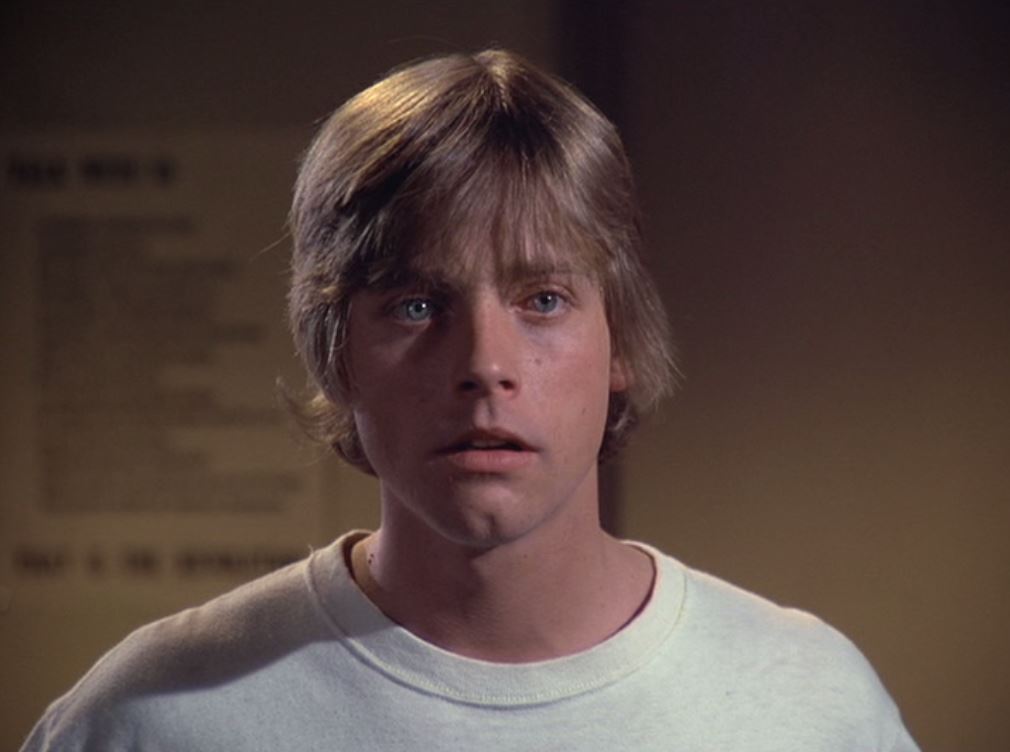
Thousands of actresses auditioned to play Leia, including Karen Allen, Farrah Fawcett, and Margot Kidder. Jodie Foster was offered the role but said no as she was contracted to Disney at the time.
12/37



12/37




When Carrie Fisher came in to audition, she was asked "are you Debbie Reynolds daughter?" and she said "No. Debbie Reynolds is my mother!" (Debbie Reynolds was in Singin' in the Rain in 1952) This is Fisher’s original audition (and some others), alongside Harrison Ford.
13/37
13/37
Bizarrely, Lucas wouldn’t let Fisher wear underwear on set. She wrote about it in her book Wishful Drinking. Lucas did give Carrie a ready-made obituary, though…
14/37


14/37



Carrie Fisher and Harrison Ford, who was married at the time, had a 3 month affair during production. She was 19 and he was 33. Her thoughts on it were published years later in her memoirs, The Princess Diarist, where she printed a poem she’d written back at the time.
15/37
15/37

Lucas based the personality of Han Solo on Francis Ford Coppola. Billy Dee Williams, Christopher Walken, Sly Stallone, and John Travolta auditioned. Al Pacino turned the role down and said “it was mine but I didn’t understand the script.” Kurt Russell auditioned too…
16/37
16/37
Lucas then turned to Harrison Ford, who was working as a carpenter, and considering quitting acting at the time. This is him auditioning with Mark Hamill.
17/37
17/37
Lucas took inspiration from his dog Indiana for Chewbacca (and also Indiana Jones). When the studio saw dailies, they were worried Chewie was naked and said “can he wear bermuda shorts?” Lucas said “it’s okay. Chewie doesn’t have a penis” and the studio were fine with it.
18/37


18/37



Again inspired by Kurosawa, Lucas wanted Toshiro Mifune (star of 16 Kurosawa movies) to play Obi Wan Kenobi. Mifune’s daughter said: “He was concerned about how the film would look and that it would cheapen the image of samurai… so he said no.”
19/37
19/37
Lucas eventually cast Alec Guinness as Obi Wan. Guinness said he wouldn’t do any publicity for the film and the studio agreed, on condition they reduce his salary and give him 2% of the profits instead. Lucas gave Guinness another 0.25%. That 2.25% ended up worth $18m.
20/37
20/37
Guinness himself wasn’t a big fan of the film, though. This is Oscar Isaac reading out a letter Guinness sent to a friend, Anne Kaufmann, while making Star Wars showing his dislike for it.
21/37
21/37
Darth Vader is played by David Prowse and voiced by James Earl Jones. Prowse wasn't happy about it, saying “It was reverse racism. Because of the lack of black actors, they were scared of losing some of their audience.” Judge for yourself with this before/after video.
22/37
22/37
Kenny Baker (R2) and Anthony Daniels (3PO) didn’t get on. Daniels would reportedly call Baker (who was 3ft8), “little man” and when Baker was asked to go to a convention as guest of honour he said:
“If his lordship is going – the one with golden balls – count me out.”
23/37


“If his lordship is going – the one with golden balls – count me out.”
23/37


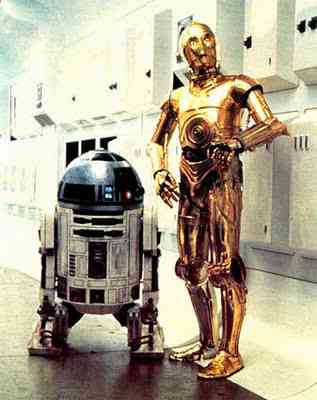
When Lucas offered Peter Cushing the role of Tarkin, Cushing said: “What’s a Grand Moff? Sounds like something that flew out of a cupboard.”
Cushing did not find the uniform comfortable and would wear fluffy slippers instead of the long black boots.
24/37
Cushing did not find the uniform comfortable and would wear fluffy slippers instead of the long black boots.
24/37
On working with Lucas, Mark Hamill said: “If he could make movies without actors, George would.” His direction would be one of two things: “faster” or “more intense.”
When Lucas lost his voice the crew gave him two boards. One said “faster” the other said “more intense.”
25/37



When Lucas lost his voice the crew gave him two boards. One said “faster” the other said “more intense.”
25/37




Lucas had planned to use classical music as the score. He mentioned this to Steven Spielberg, who said “you’re making a very original film, you need original music to go with it.” Spielberg had just worked with John Williams on Jaws, and introduced him to Lucas.
26/37



26/37




Williams won another Oscar for Star Wars and took inspiration from a 1942 movie called Kings Row, composed by Erich Wolfgang Korngold. Can you hear Star Wars?
27/37
27/37
The DP was Gilbert Taylor. He and Lucas clashed over how to shoot the film. They tried to replace Taylor but the crew said they’d go too.
Taylor said “I hated every second of my time on the picture”
Taylor then shot Flash Gordon – the movie Lucas wanted to make – in 1980.
28/37



Taylor said “I hated every second of my time on the picture”
Taylor then shot Flash Gordon – the movie Lucas wanted to make – in 1980.
28/37




Another person responsible for the sound on Star Wars was sound designer Ben Burtt, responsible for creating the iconic effects in the film – the lightsabers, TIE Fighters, blasters, R2-D2, Chewbacca etc. Here he talks about creating the sounds of the Millennium Falcon.
29/37
29/37
Lucas knew he needed to do things with special effects that had never been done before. He approached Doug Trumbull - who worked on 2001 - but he couldn't do it, so Lucas brought in John Dykstra, to head up a new company called ILM. ILM’s work changed movies forever.
30/37
30/37
Lucas had to deal with major production issues:
- On Day 1, Tunisia (where they filmed the Tatooine scenes) had its first major rainstorm in 50 years.
- R2 would often break down.
- Elstree Studios wouldn’t let Lucas shoot past 5pm.
- This all caused delays of many weeks.
31/37


- On Day 1, Tunisia (where they filmed the Tatooine scenes) had its first major rainstorm in 50 years.
- R2 would often break down.
- Elstree Studios wouldn’t let Lucas shoot past 5pm.
- This all caused delays of many weeks.
31/37


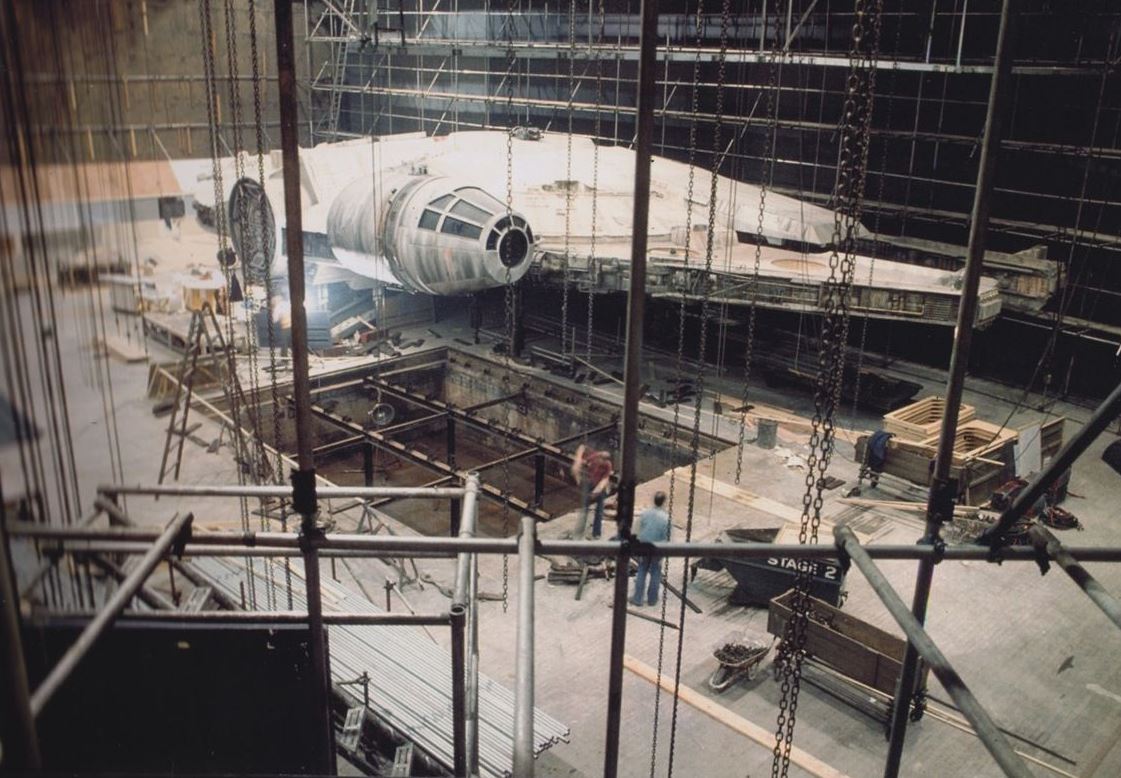
They ran out of money until Fox greenlit a further $3m. Production was stopped for 2 weeks, and the situation made Lucas ill. He was diagnosed with hypertension and exhaustion, and hospitalised.
32/37



32/37

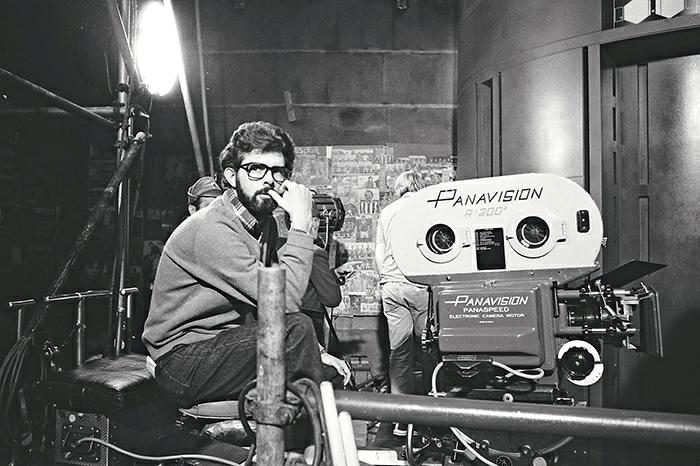
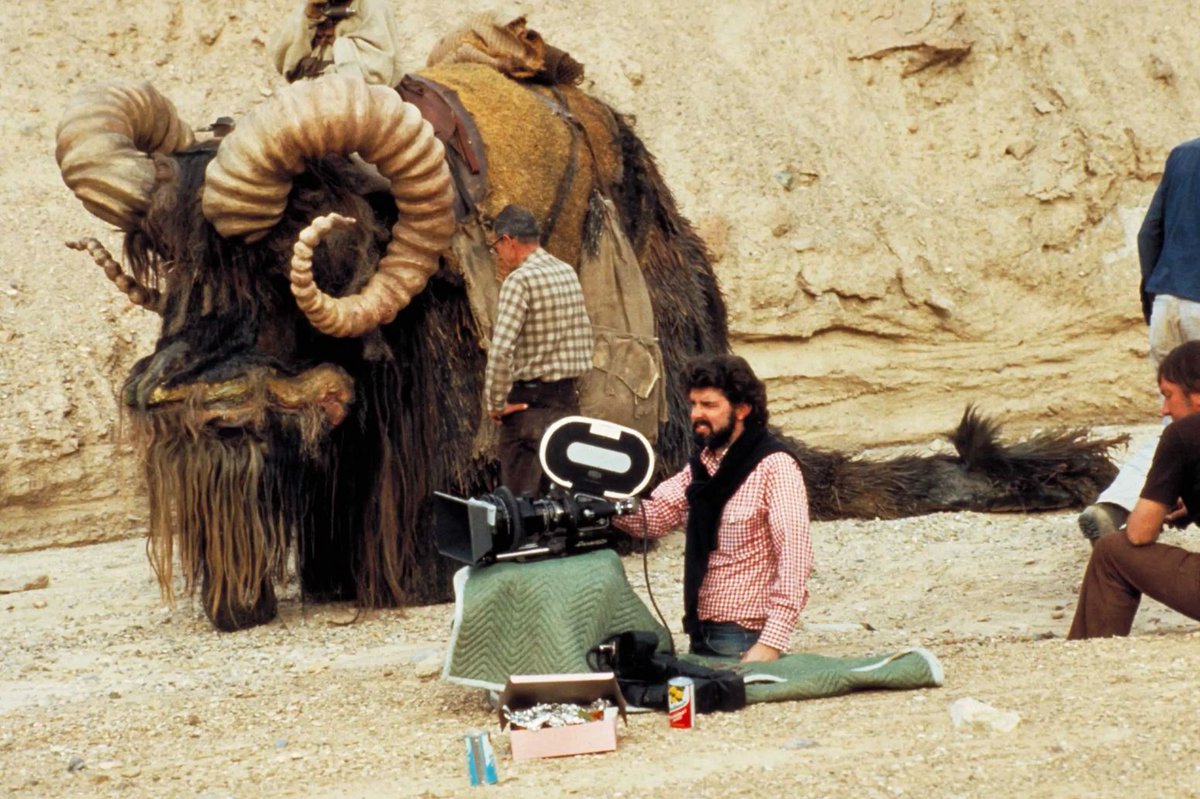

The editor was John Jympson. Lucas called his first cut “an absolute disaster”and replaced Jympson with his own wife, Marcia, who said: “We sped it up, and made it tighter”. She’s often called the person who saved Star Wars. She won an Oscar for Best Editing.
33/37

33/37


Lucas screened a test cut for his filmmaking pals which was missing the special effects. It didn’t go too well, as Steven Spielberg explains…
34/37
34/37
On seeing that cut, Brian DePalma criticised the opening crawl. Lucas wrote one, and DePalma said: “It looks like it was written on a driveway. Let me write it for you.” So the opening crawl we see in the film was written by Brian DePalma.
35/37

35/37


To create the crawl they had 6 foot long piece of black paper, with the yellow text on top. And they passed the camera over the paper and filmed it in such a way to make it look like the words are moving away.
36/37

36/37


It all came together at the end and the film took $530m. It toppled Jaws to become all time #1 at the box office and Steven Spielberg took out the below ad in Variety. It’s still the second-most attended movie of all time, selling 178m tickets (Gone With The Wind is #1).
37/37
37/37

If you liked this thread, please RT the first tweet 😀
https://twitter.com/ATRightMovies/status/1654099554499715073?s=20
• • •
Missing some Tweet in this thread? You can try to
force a refresh


